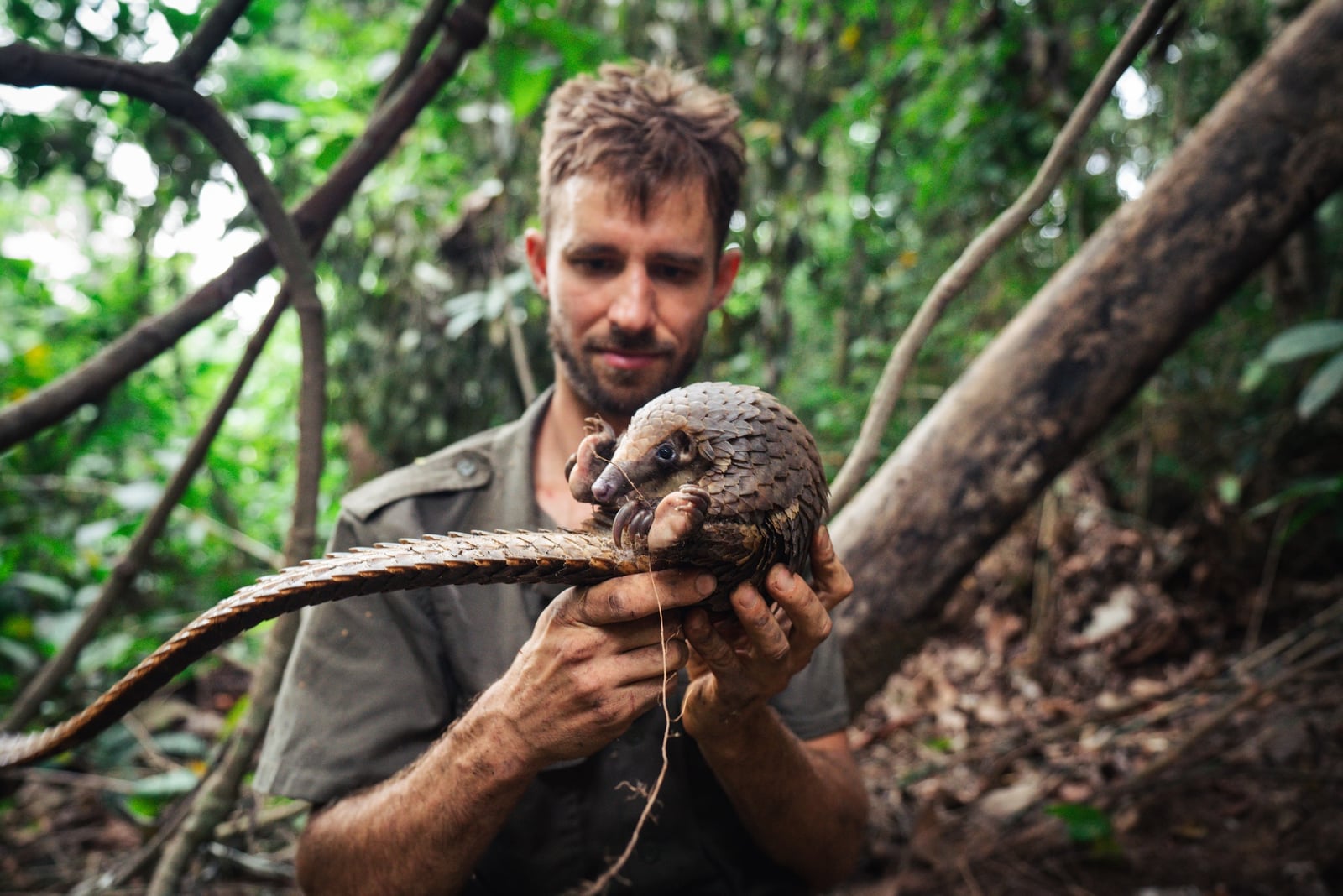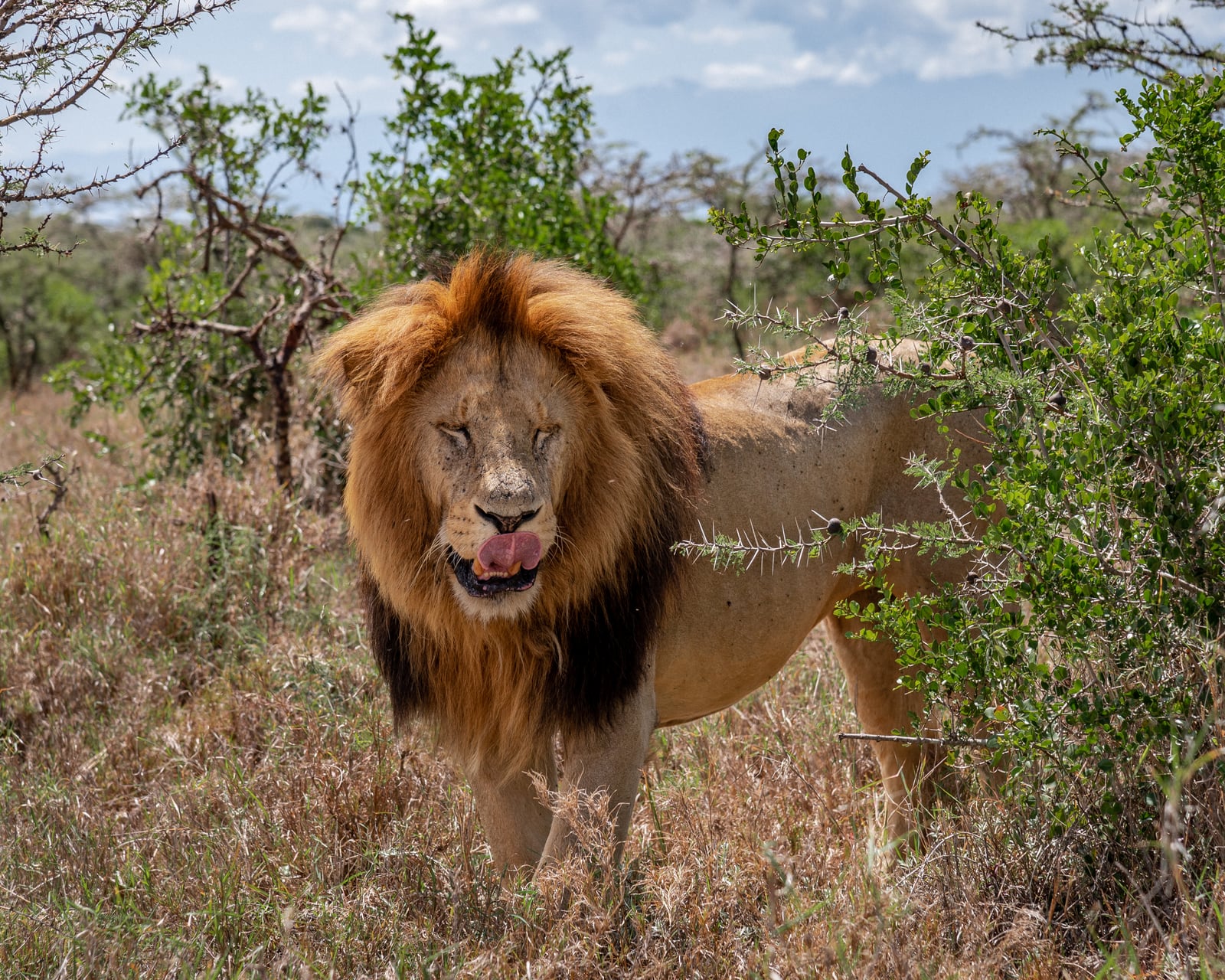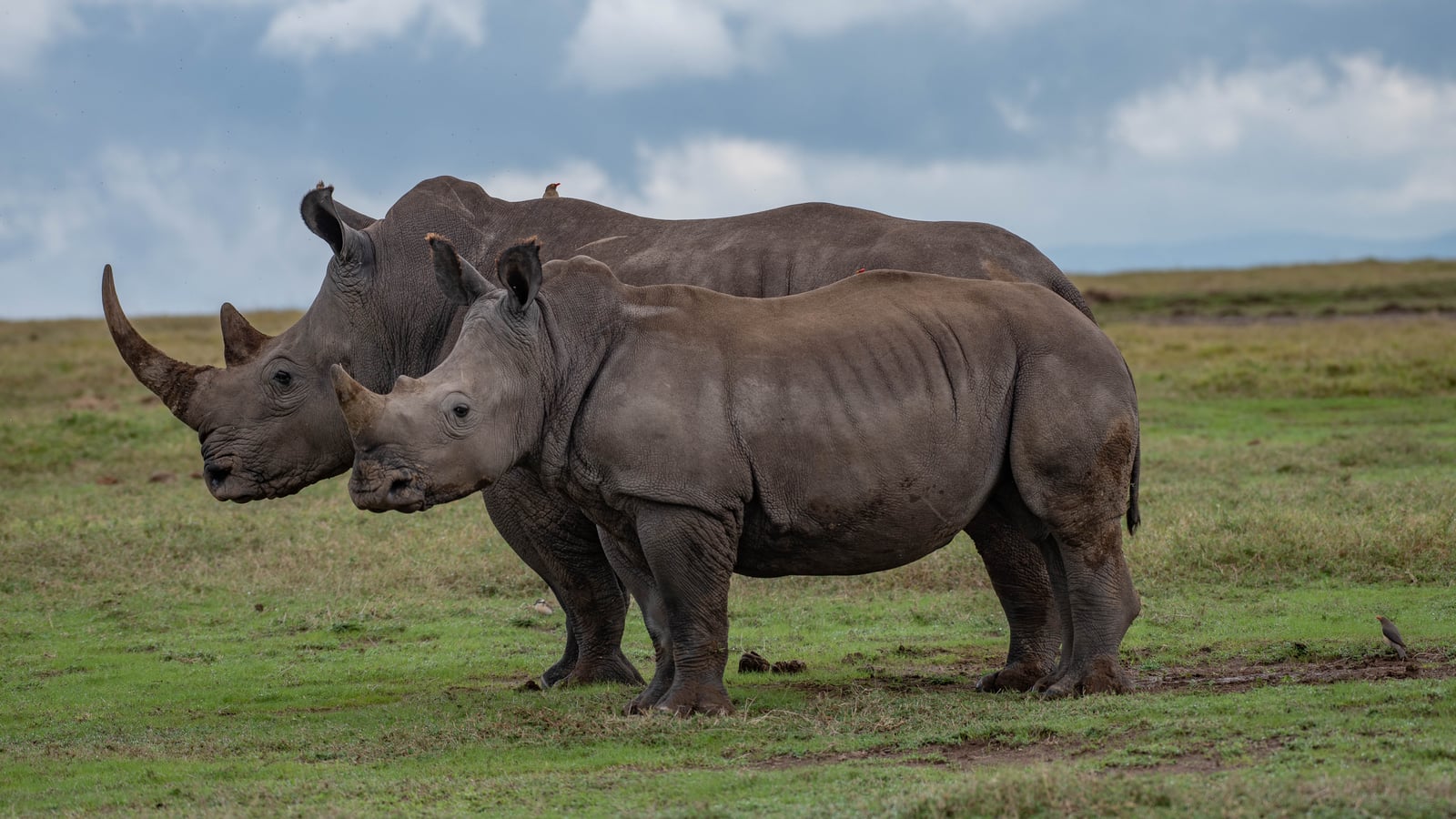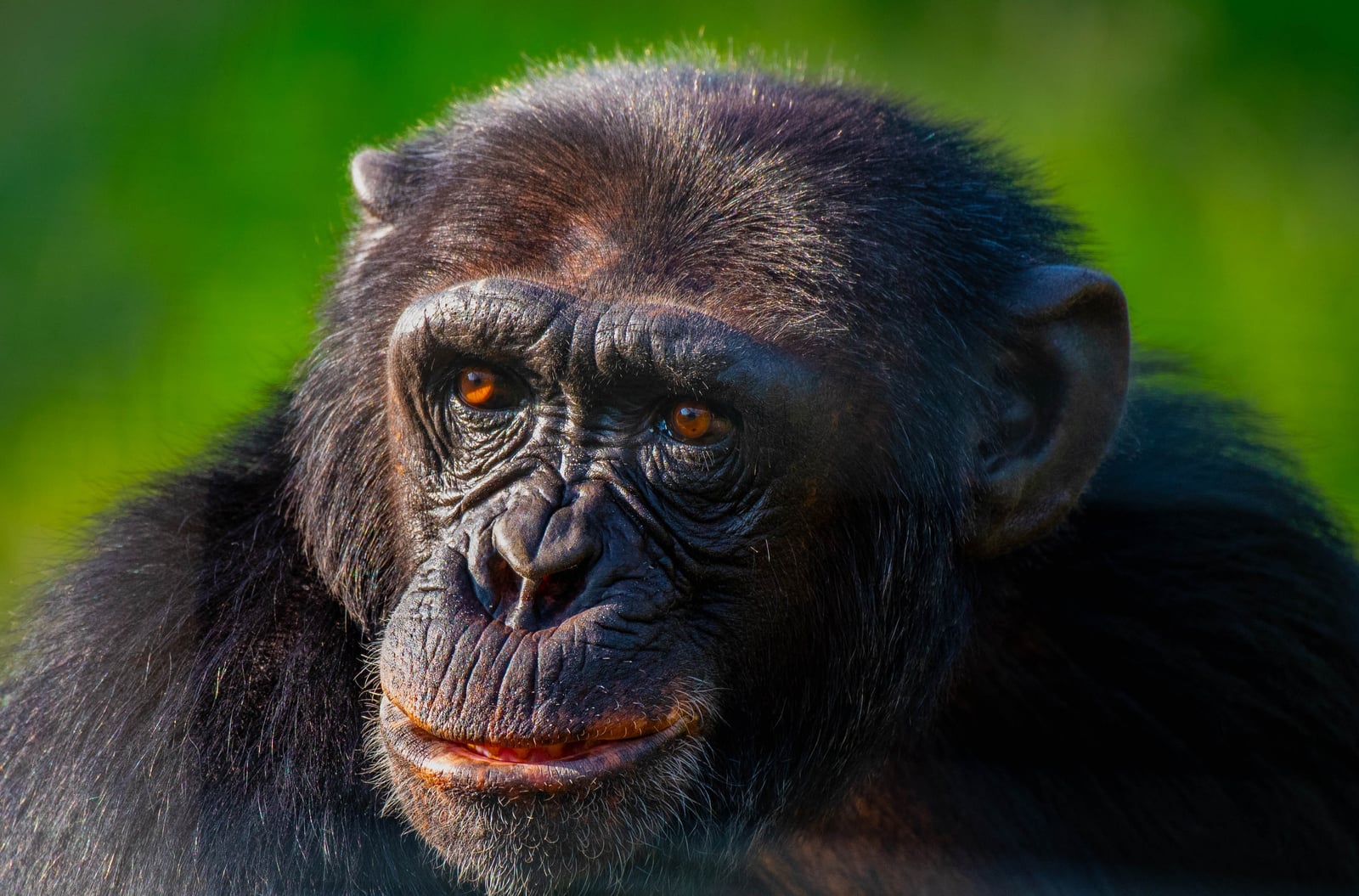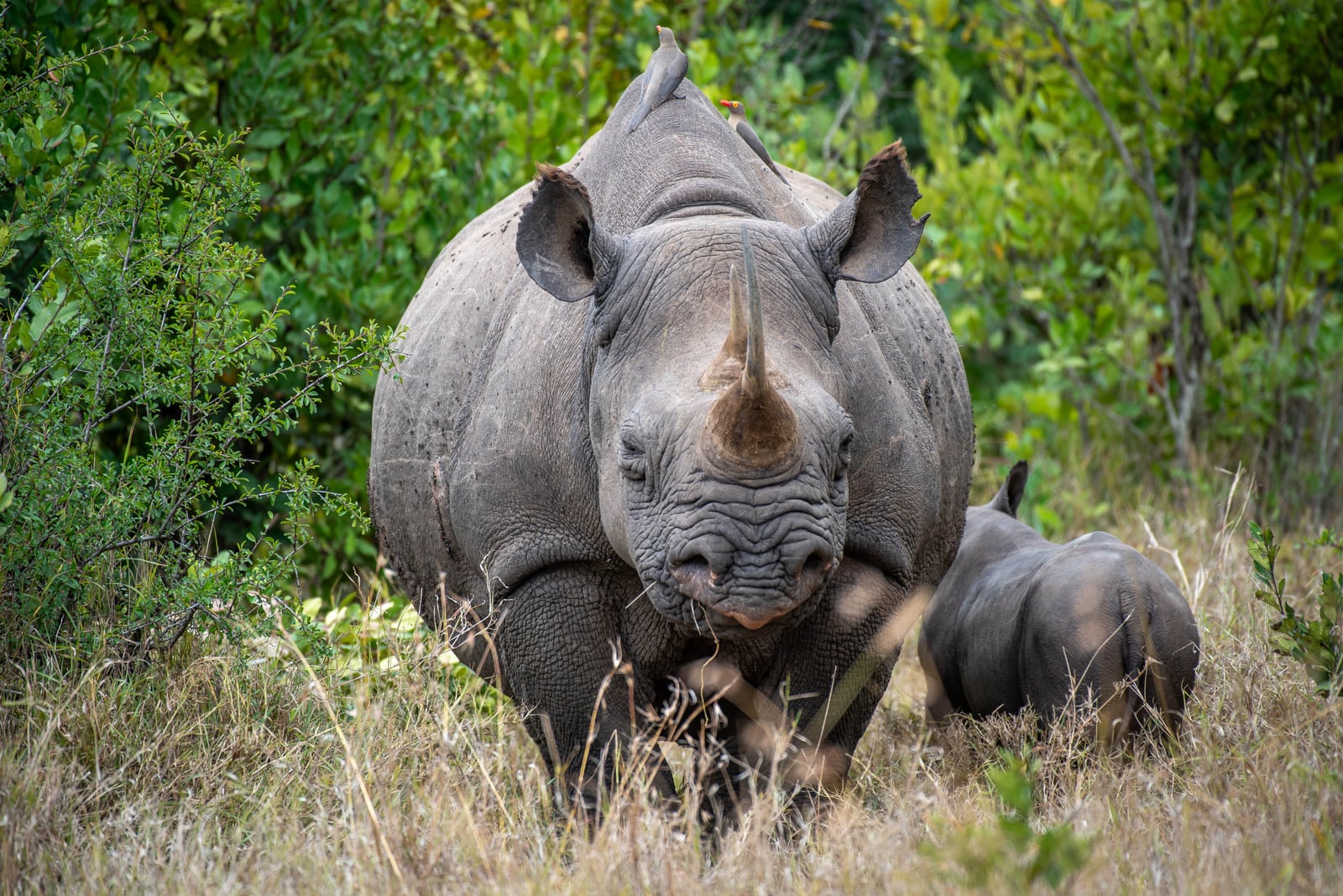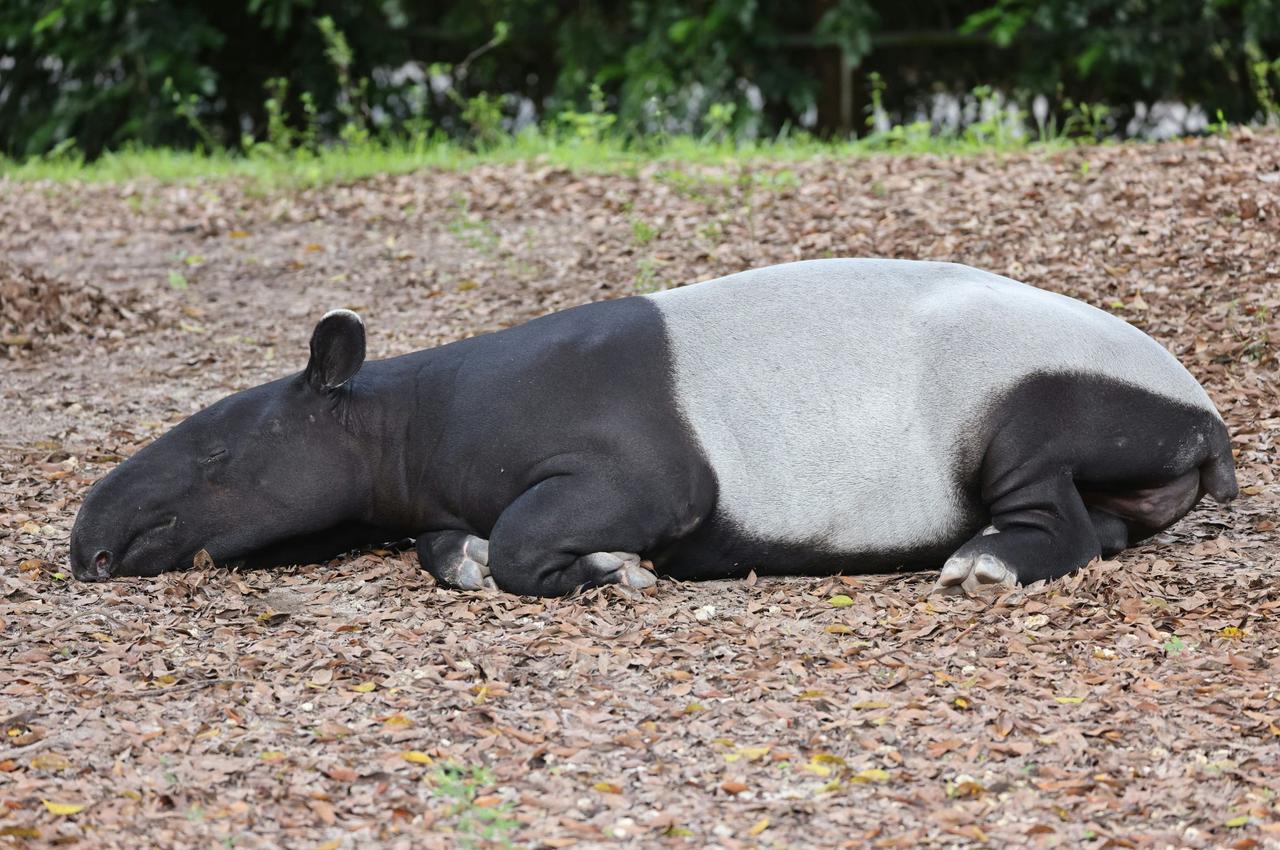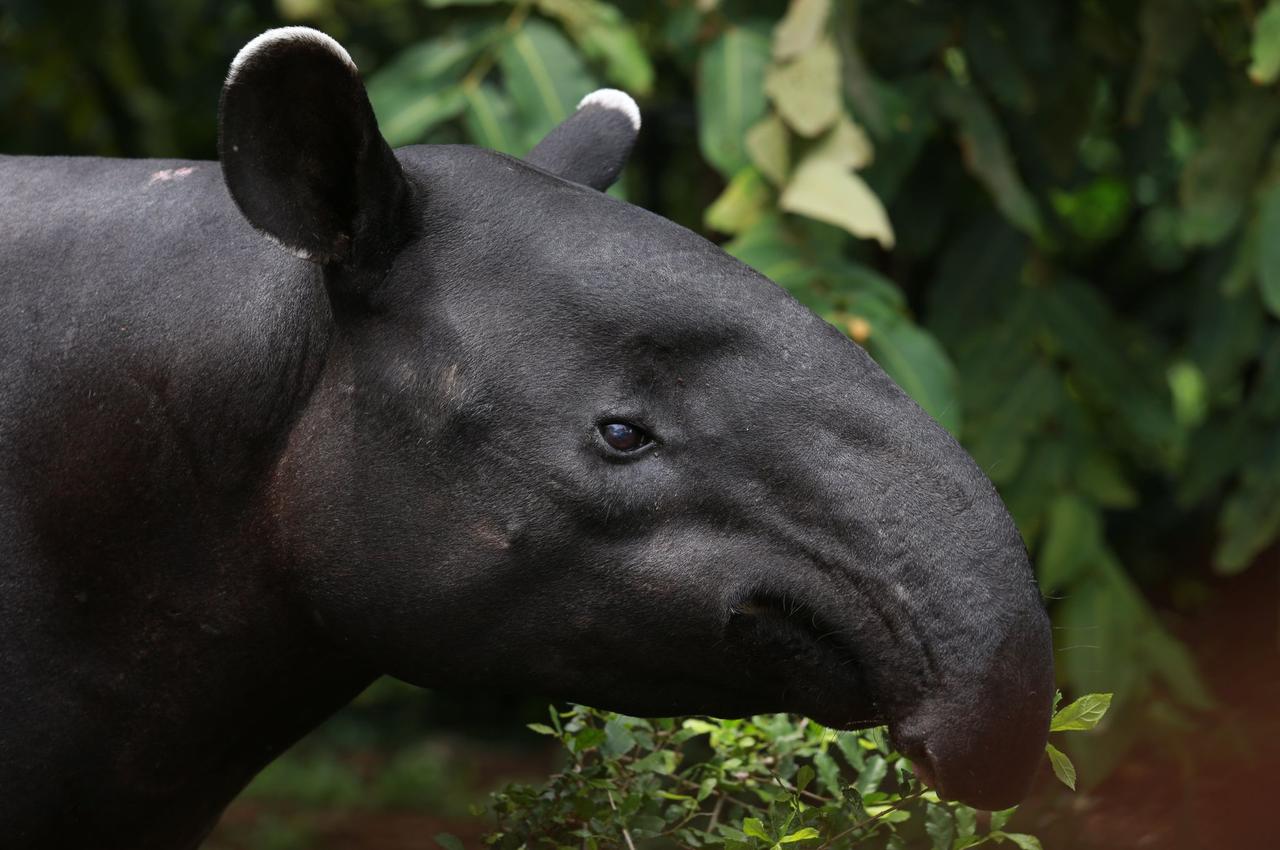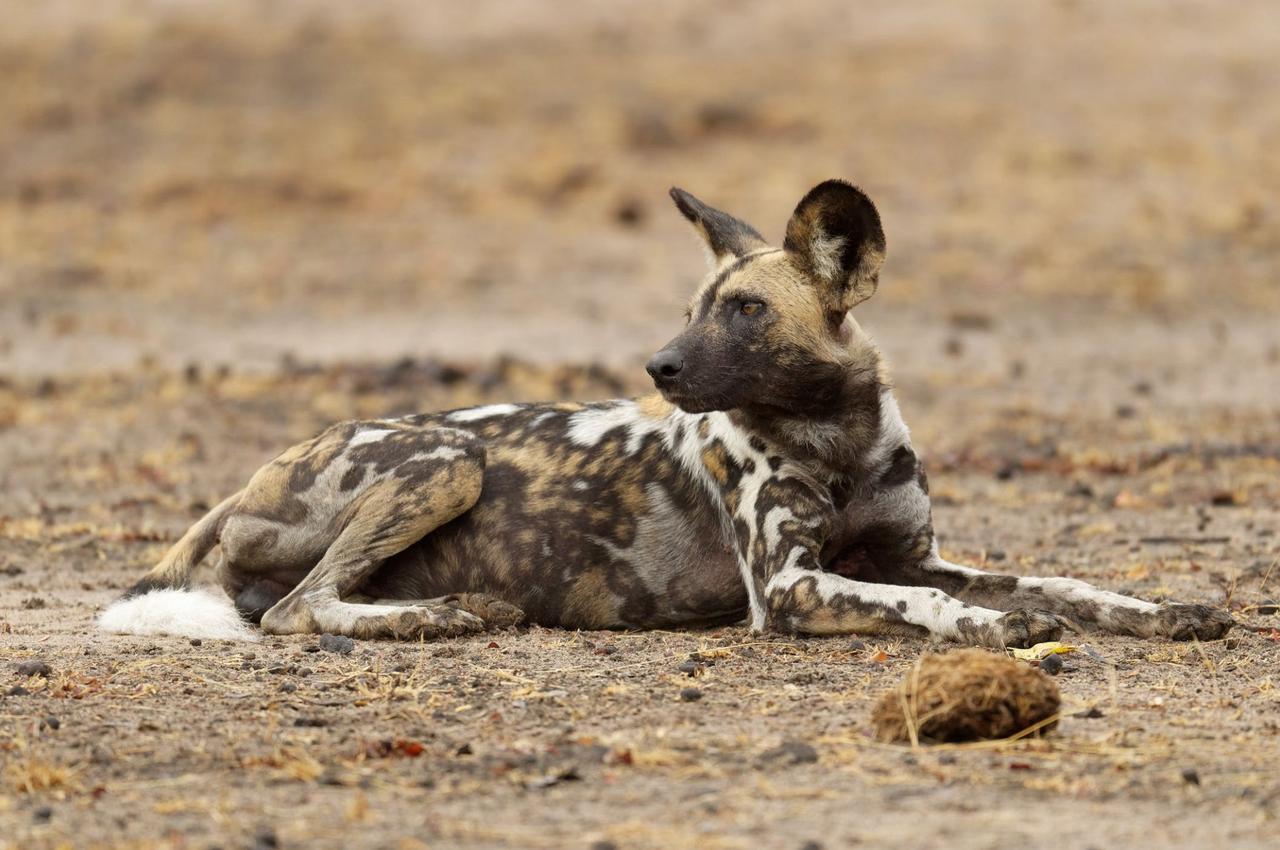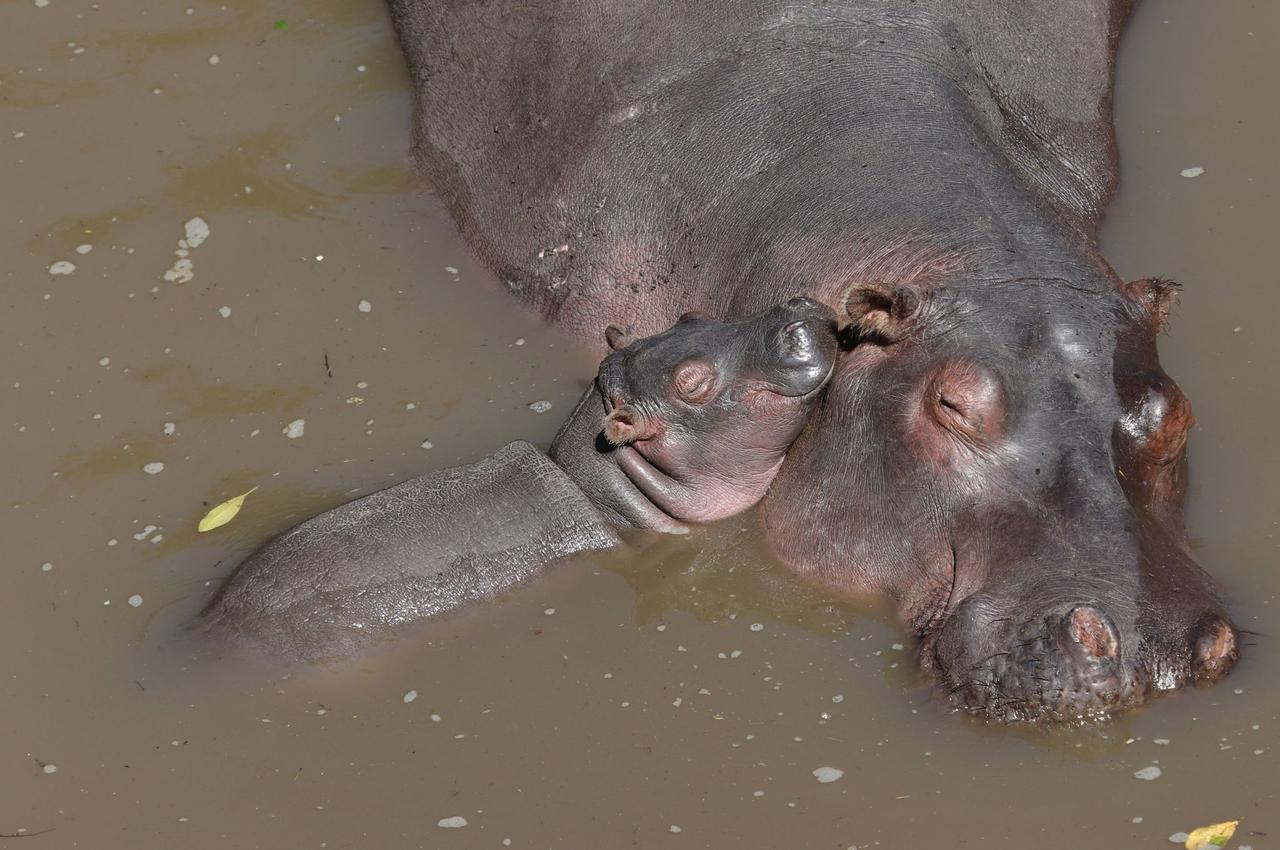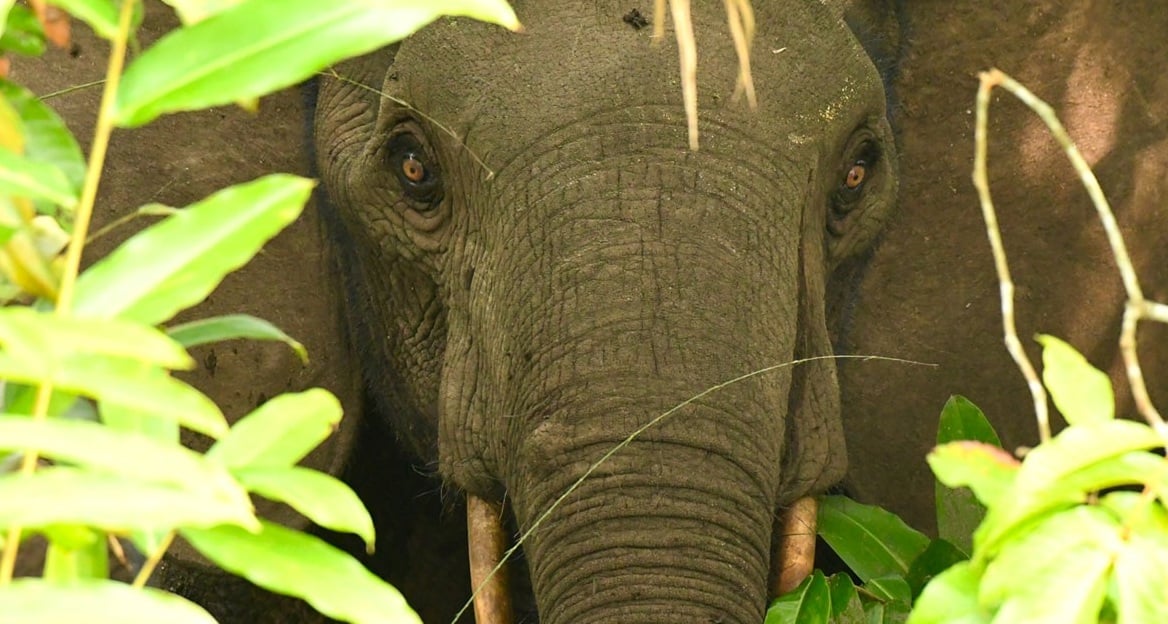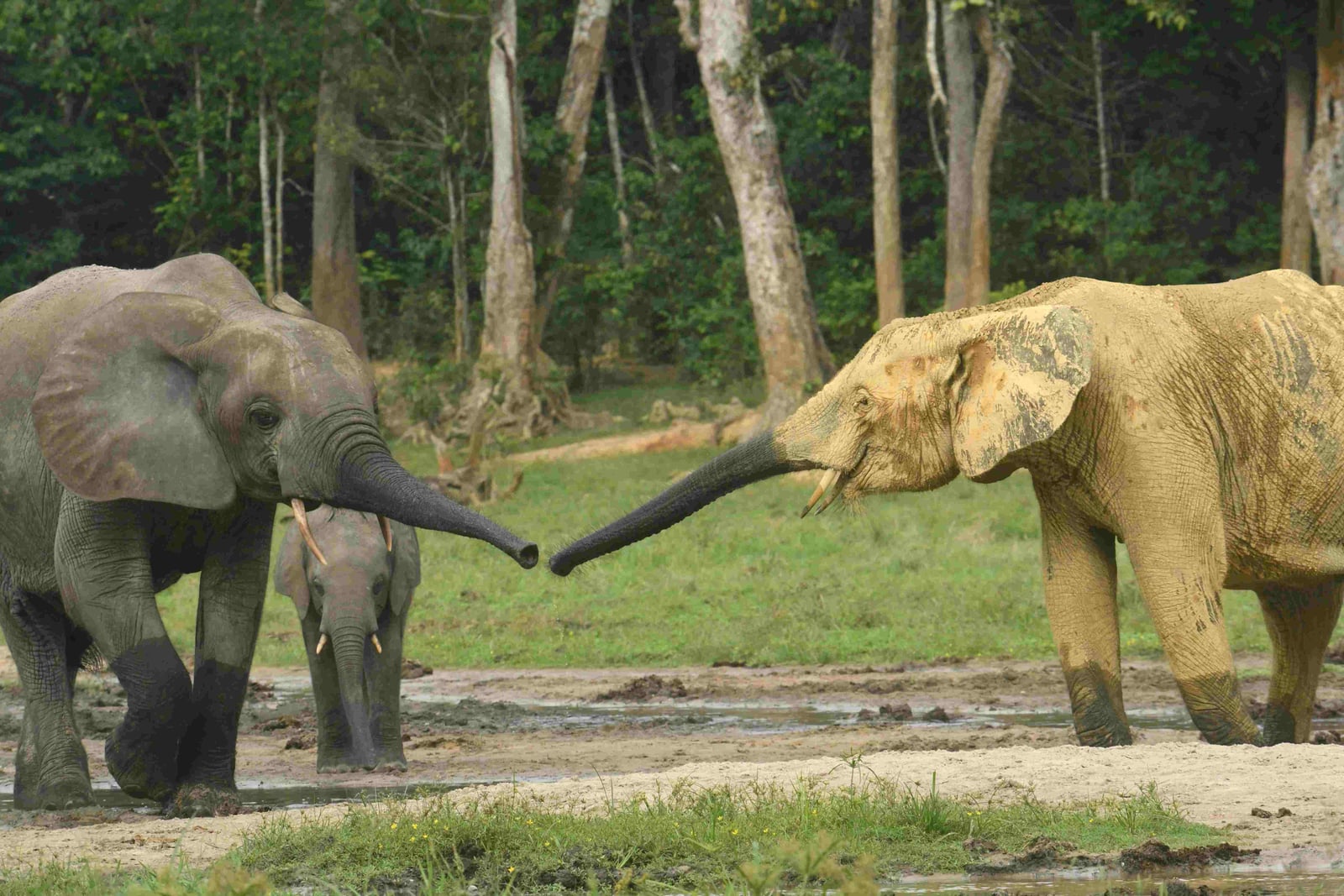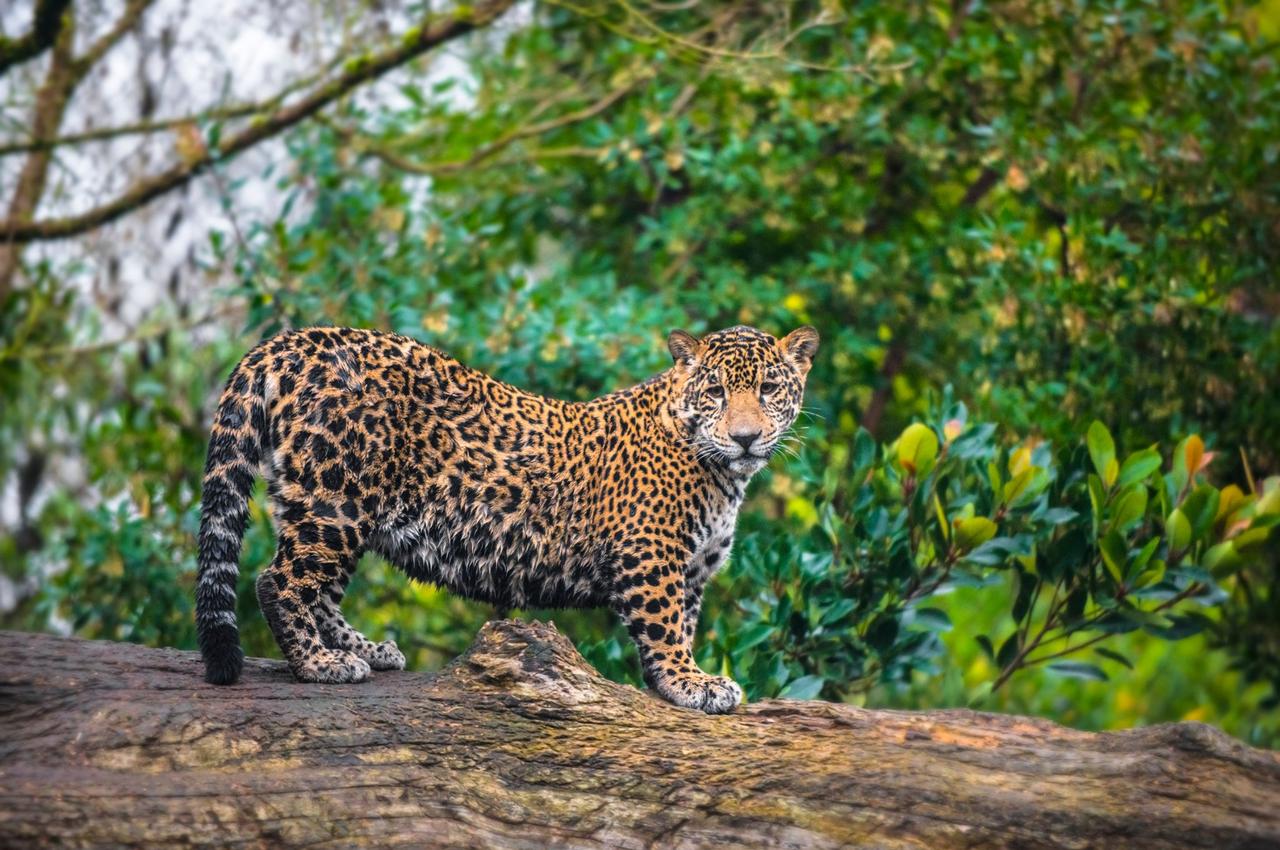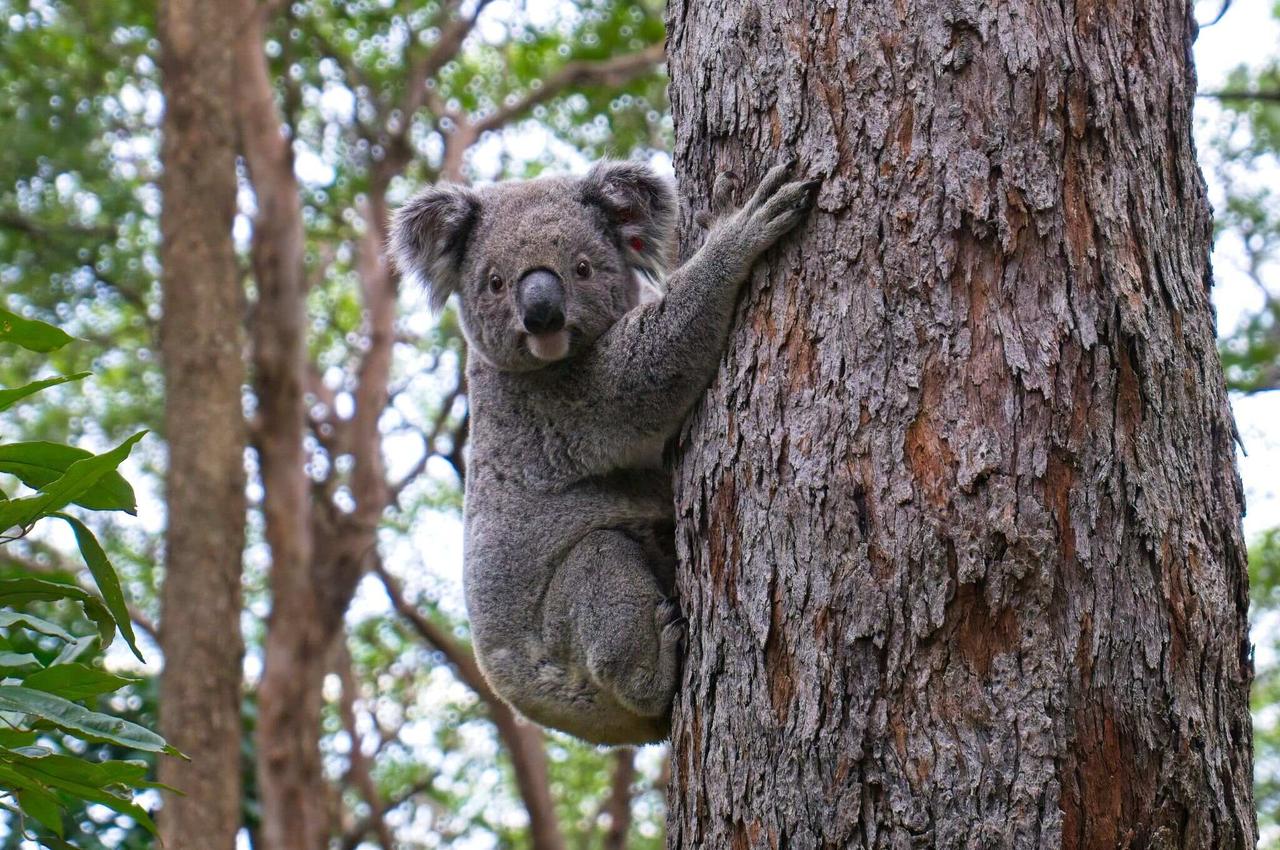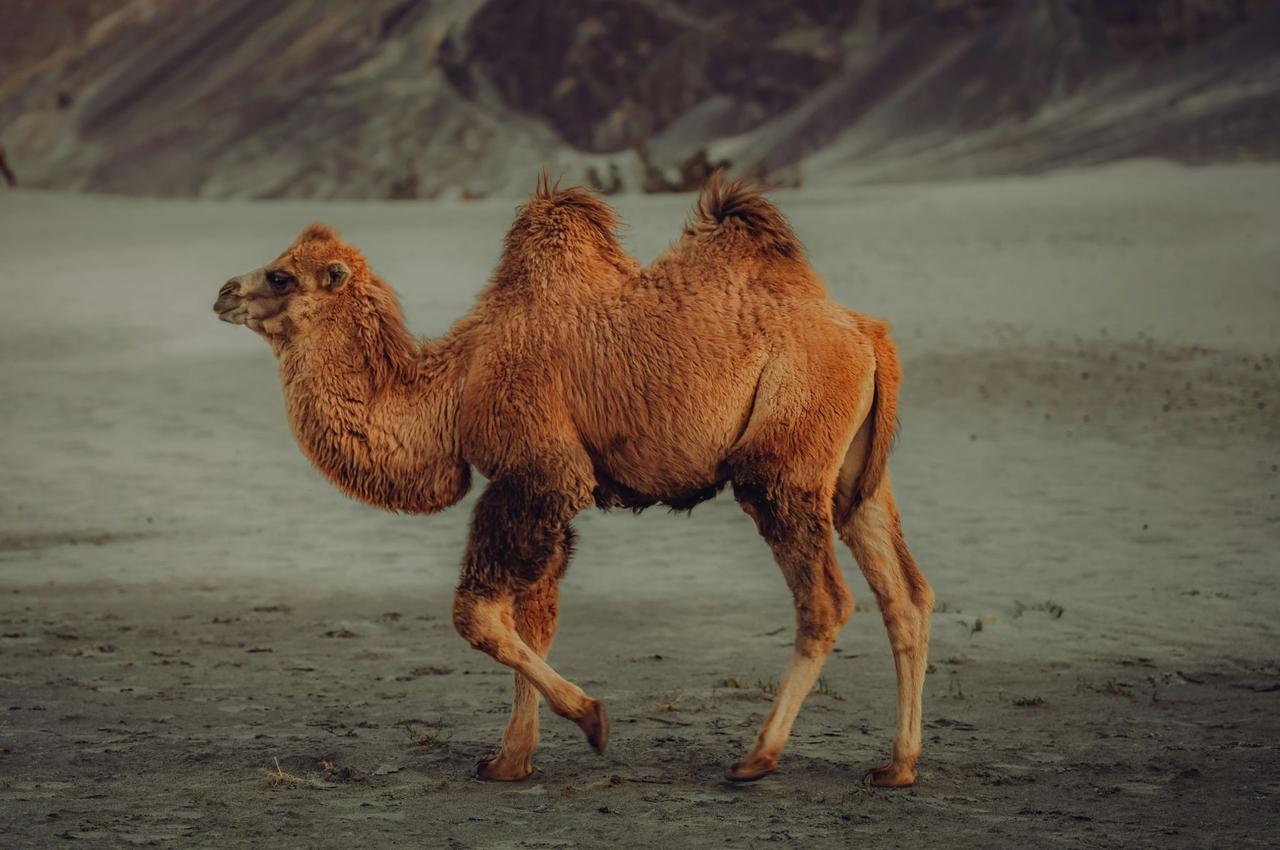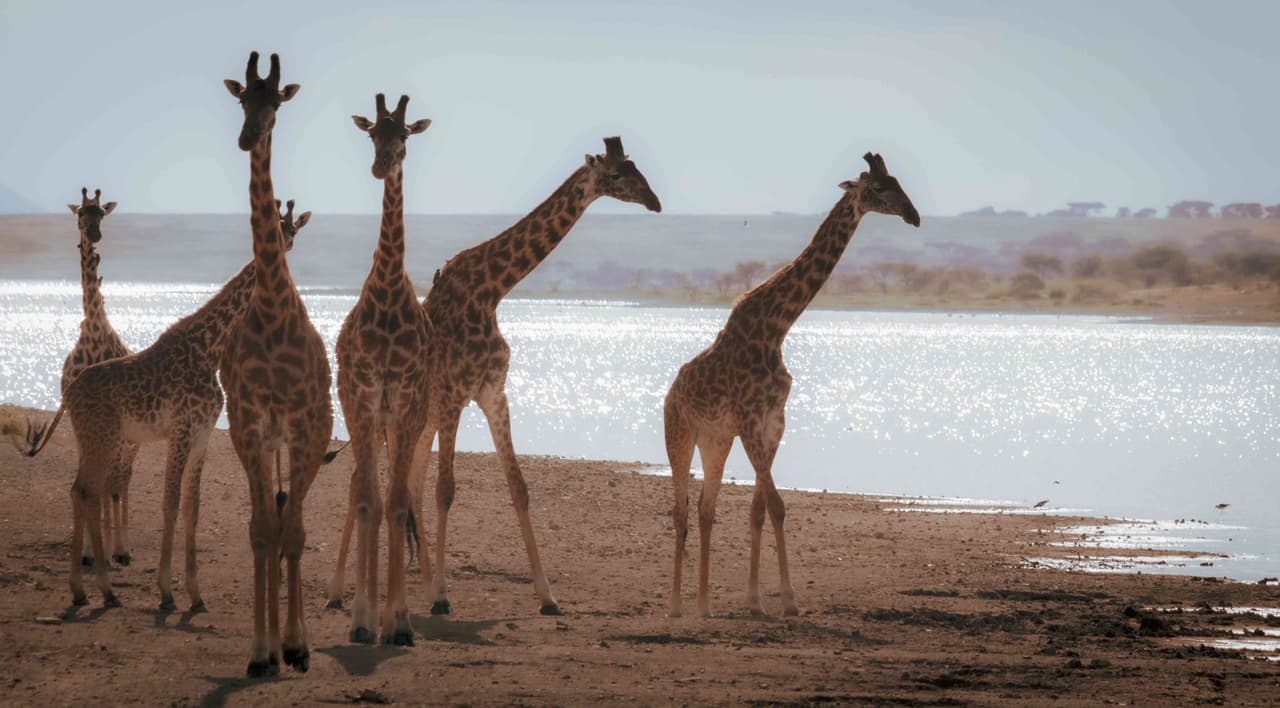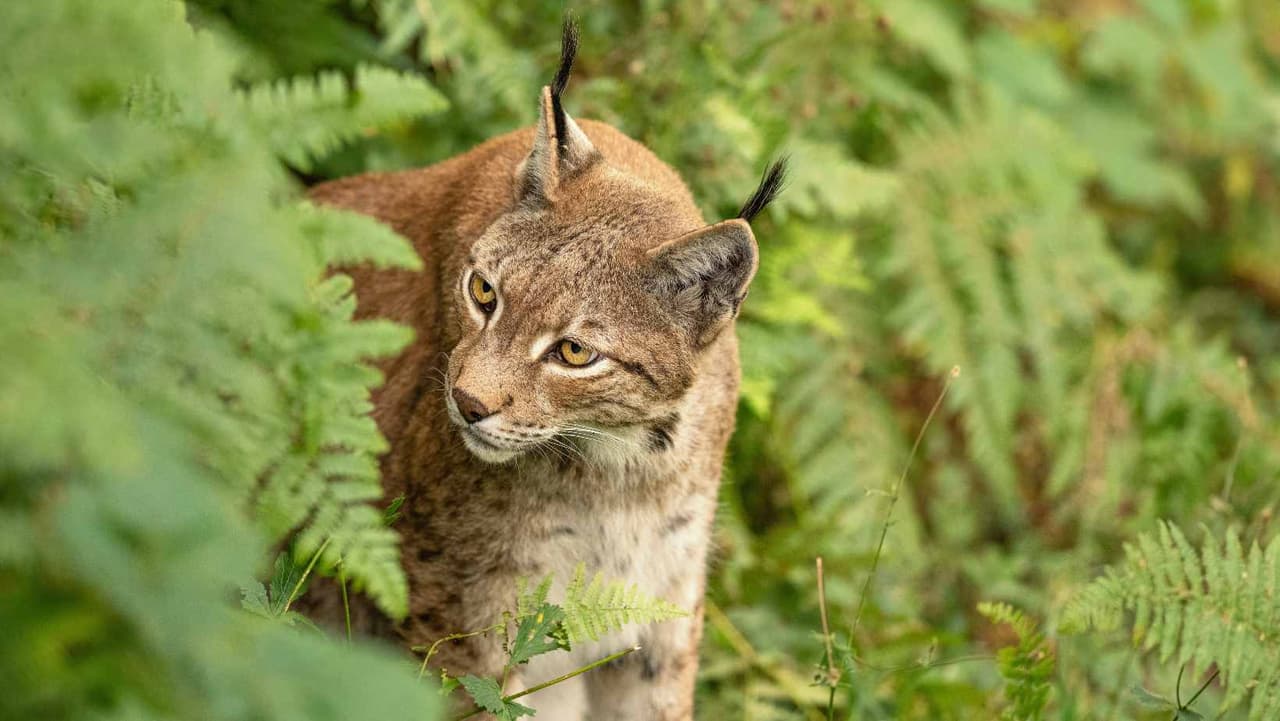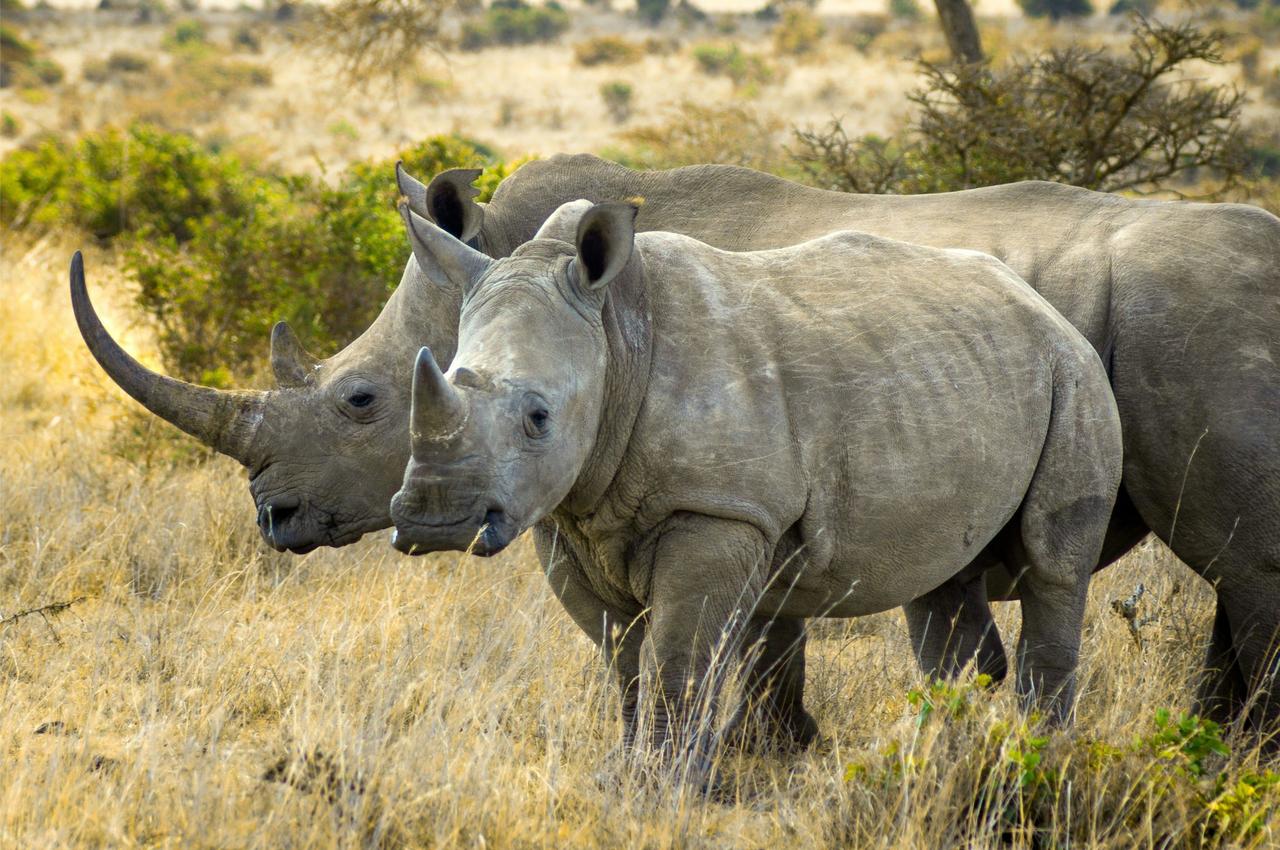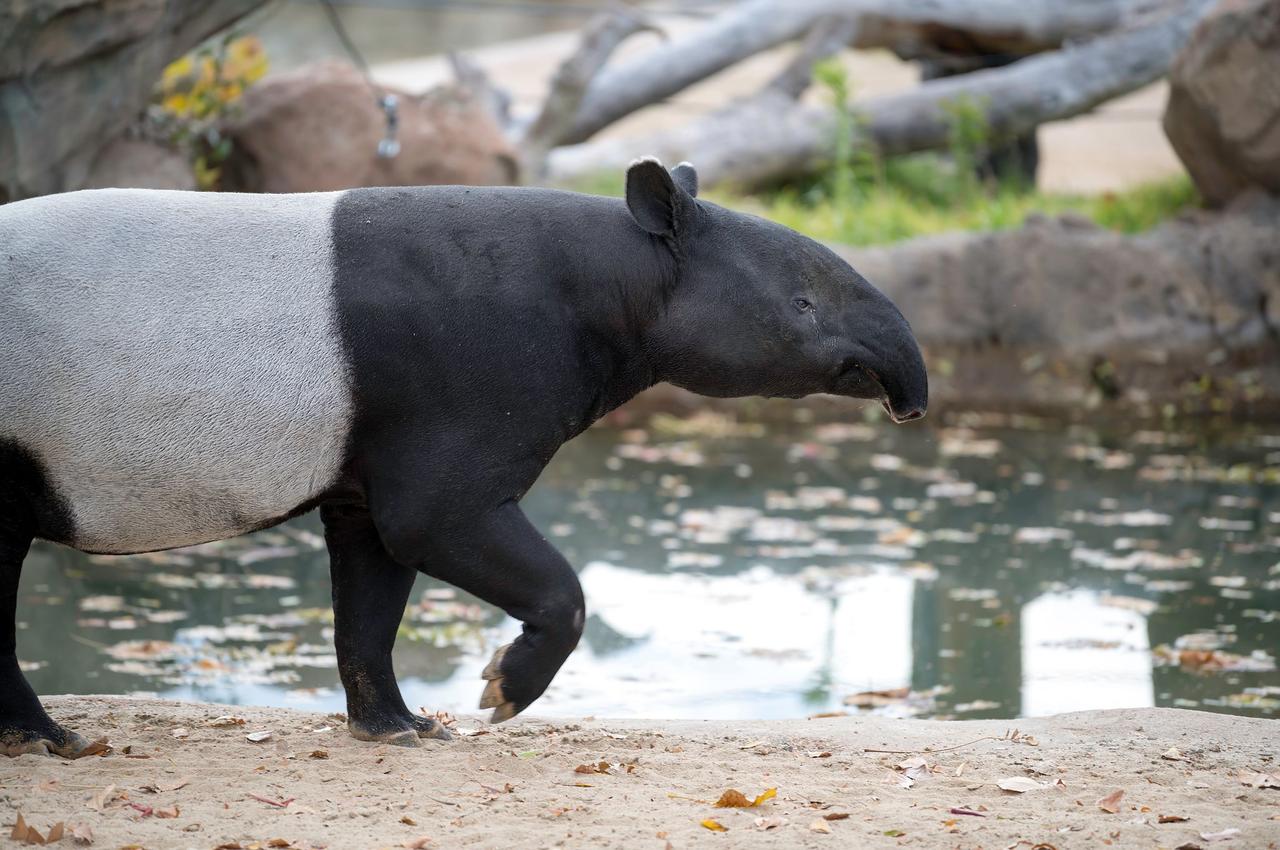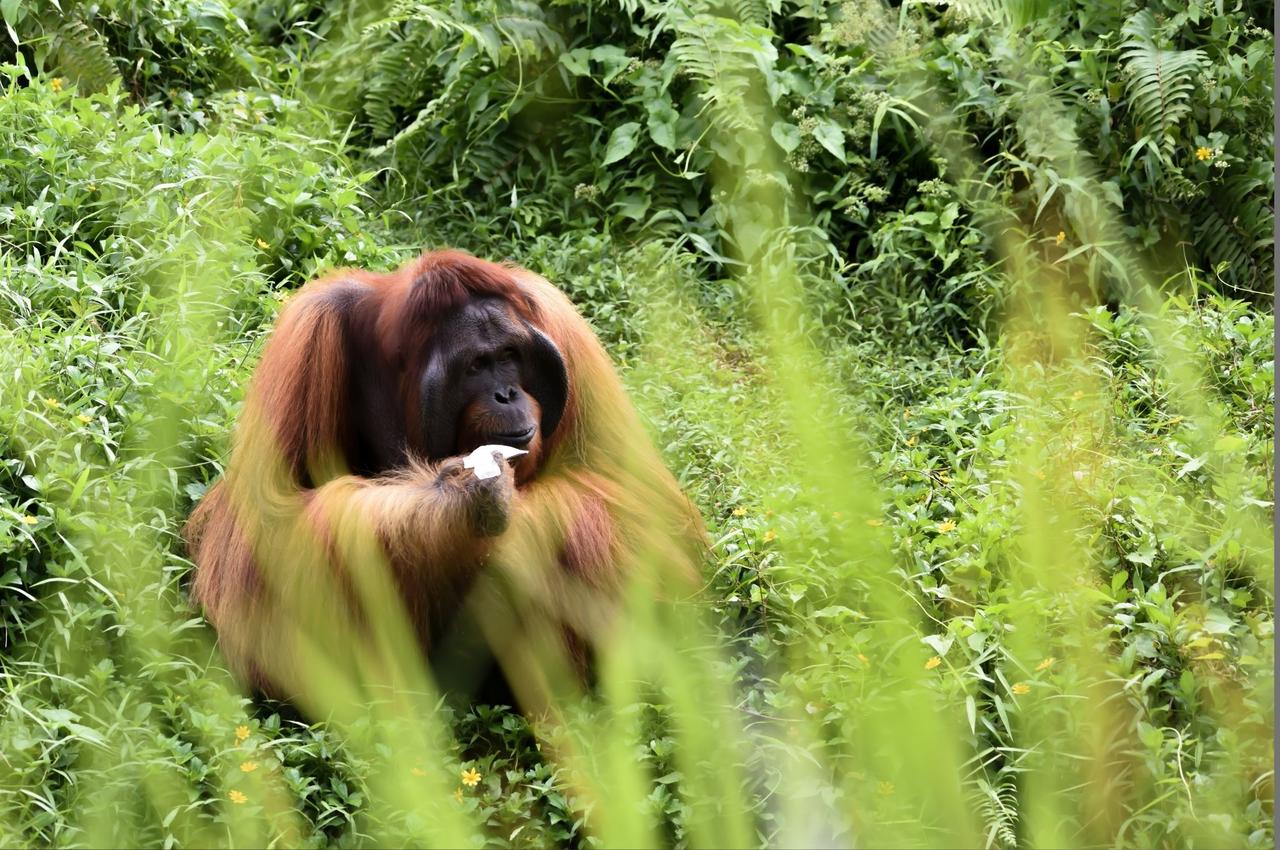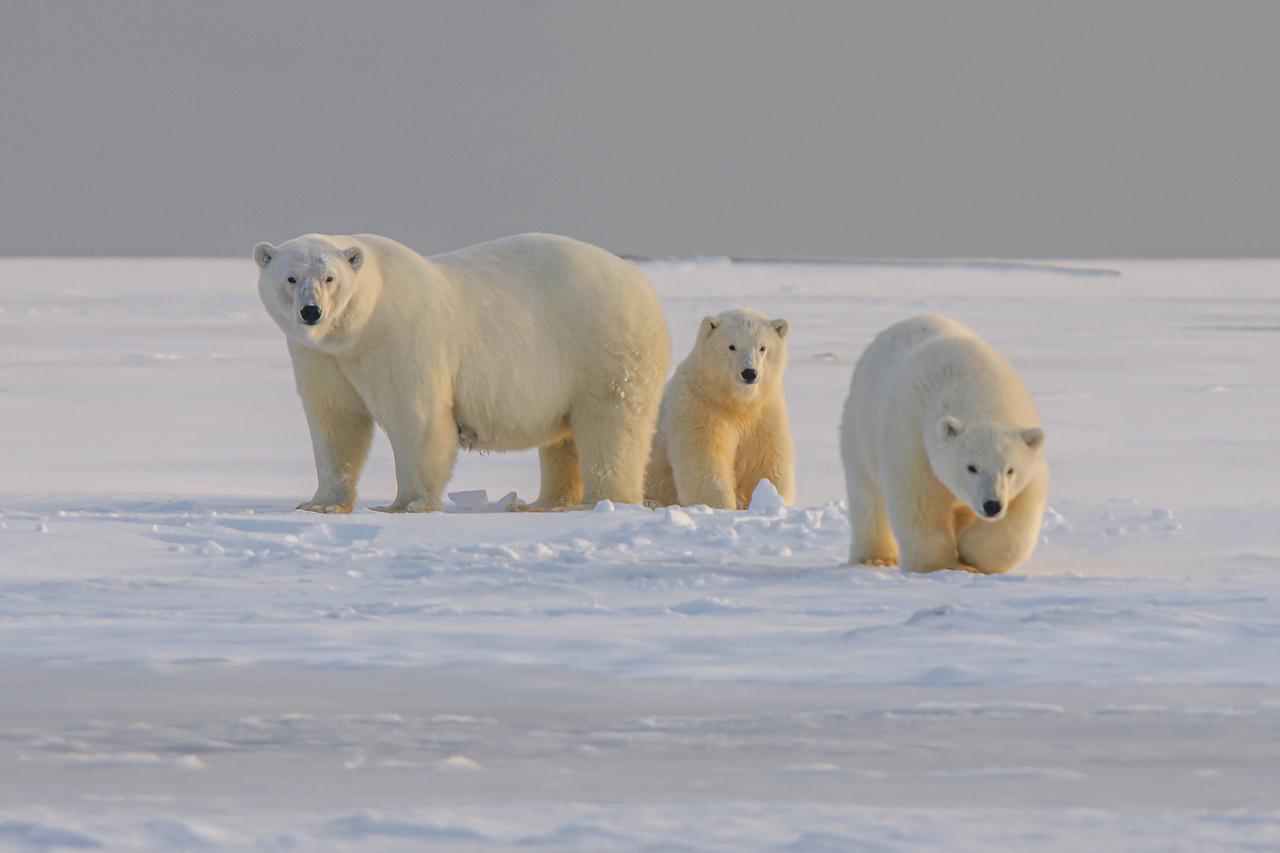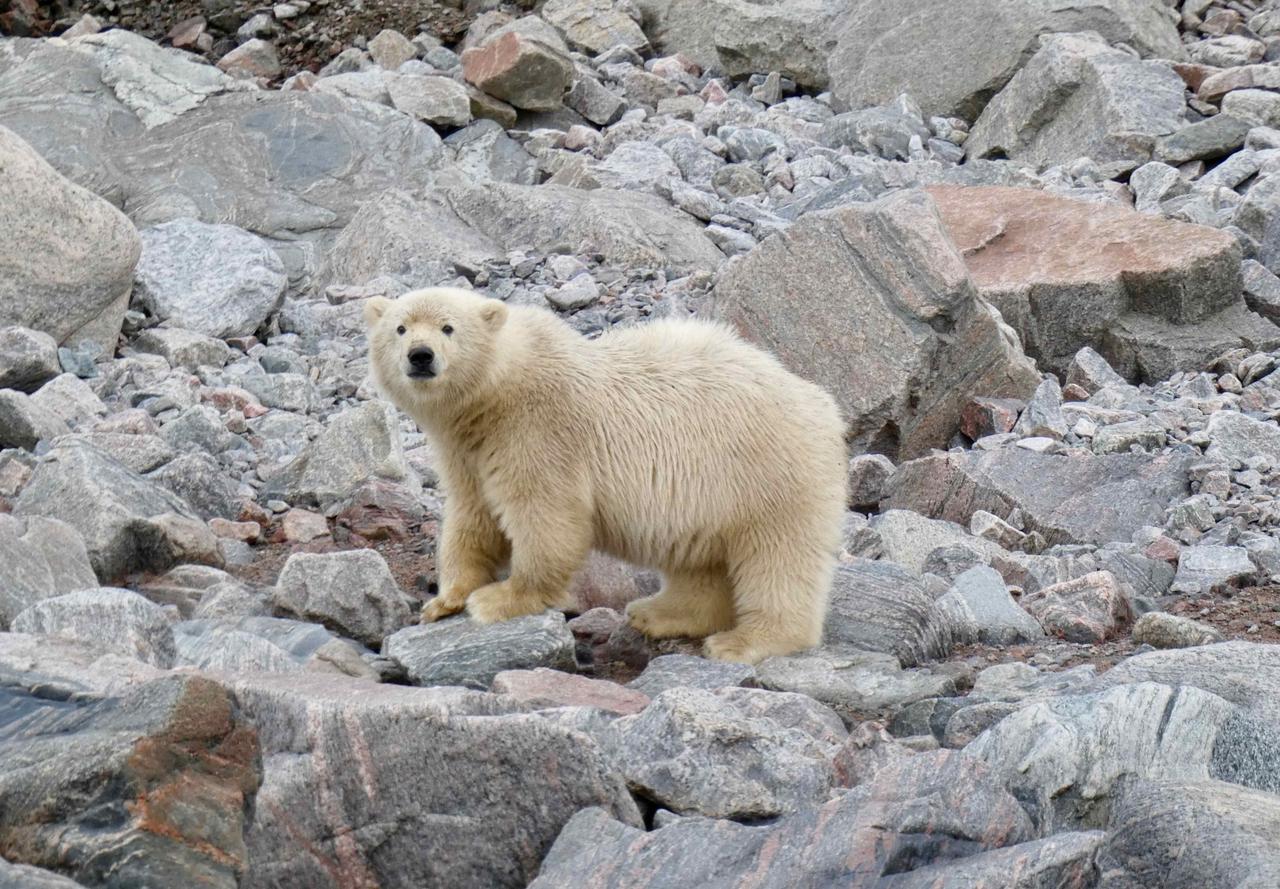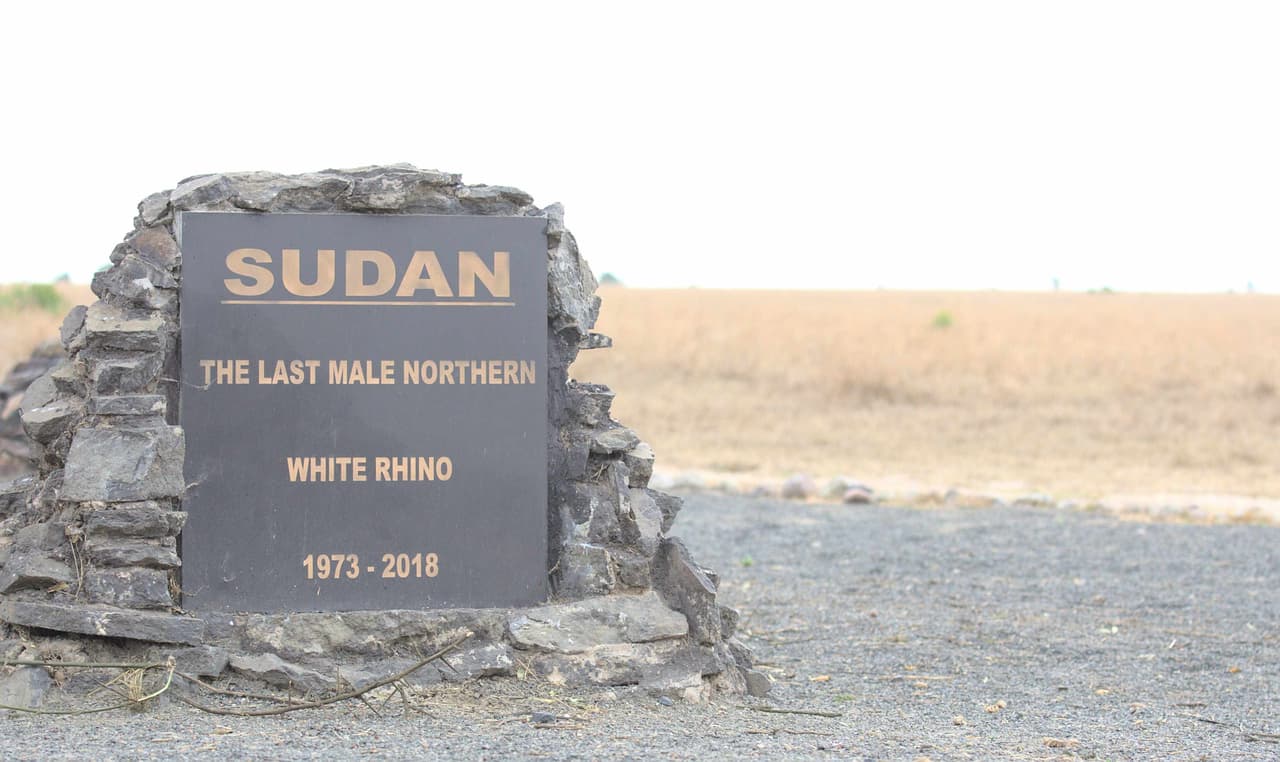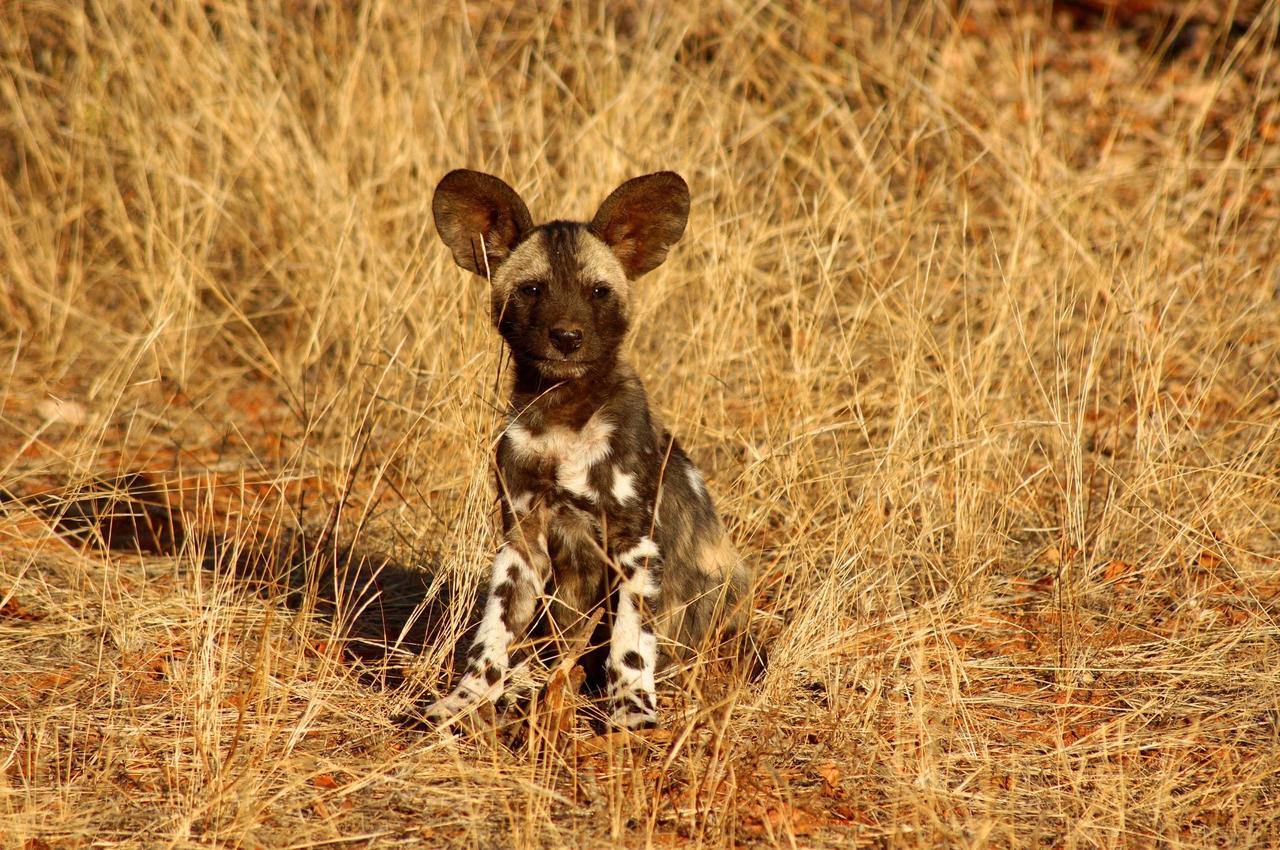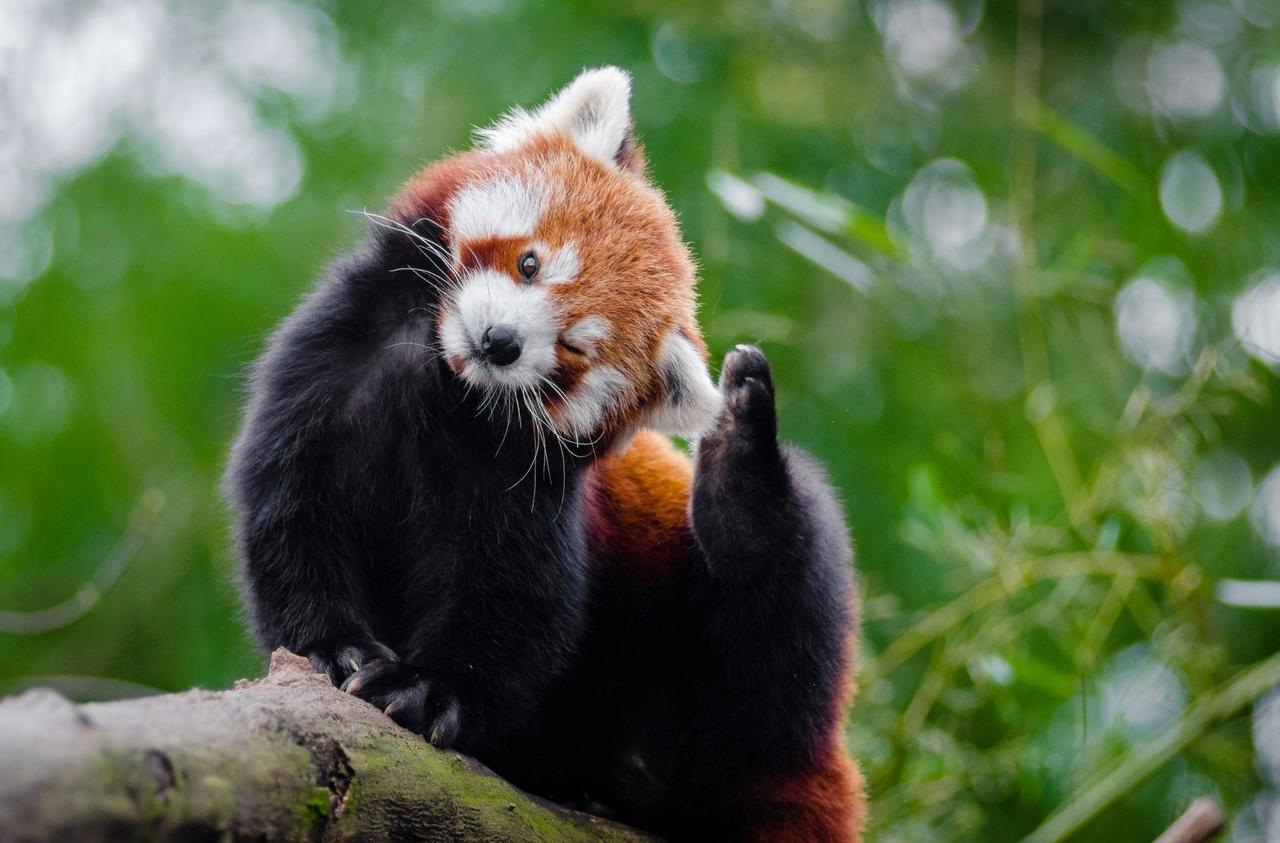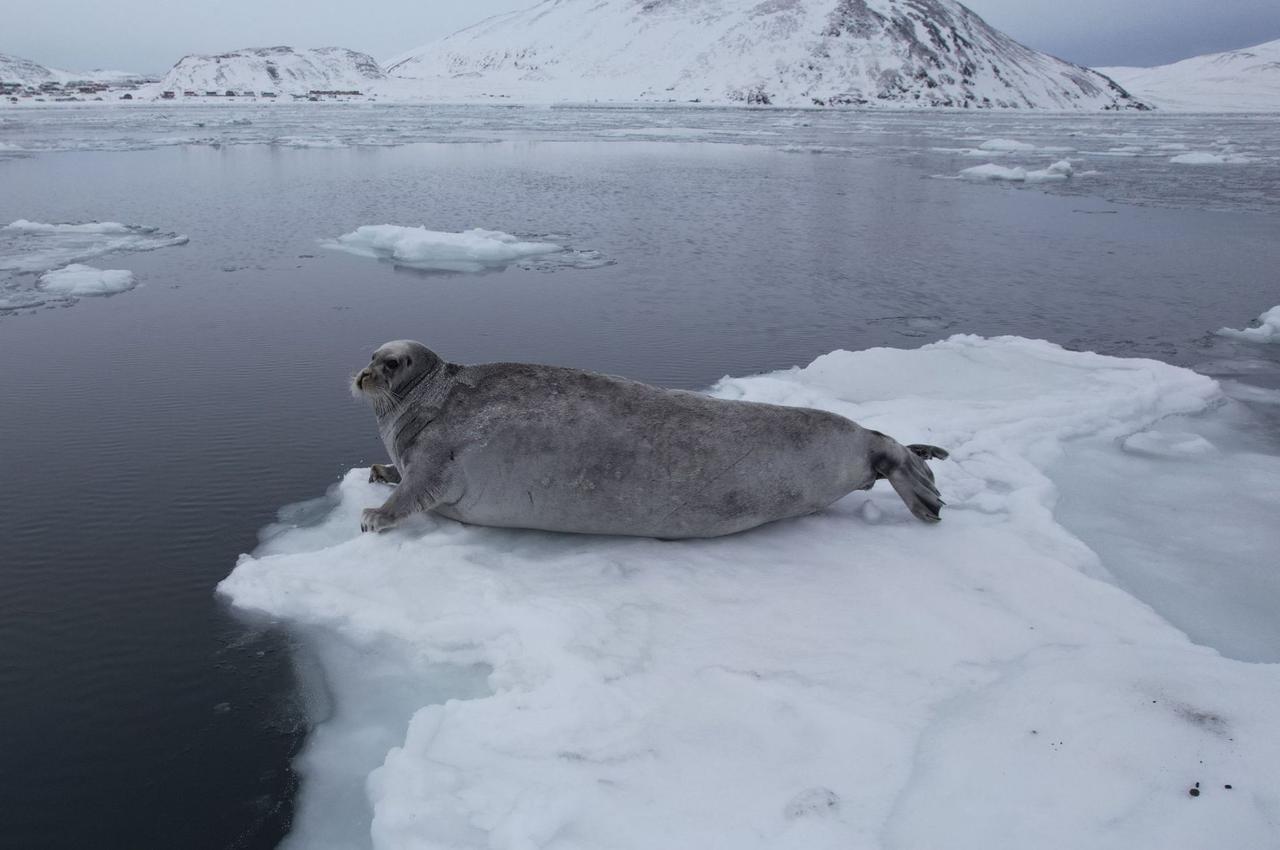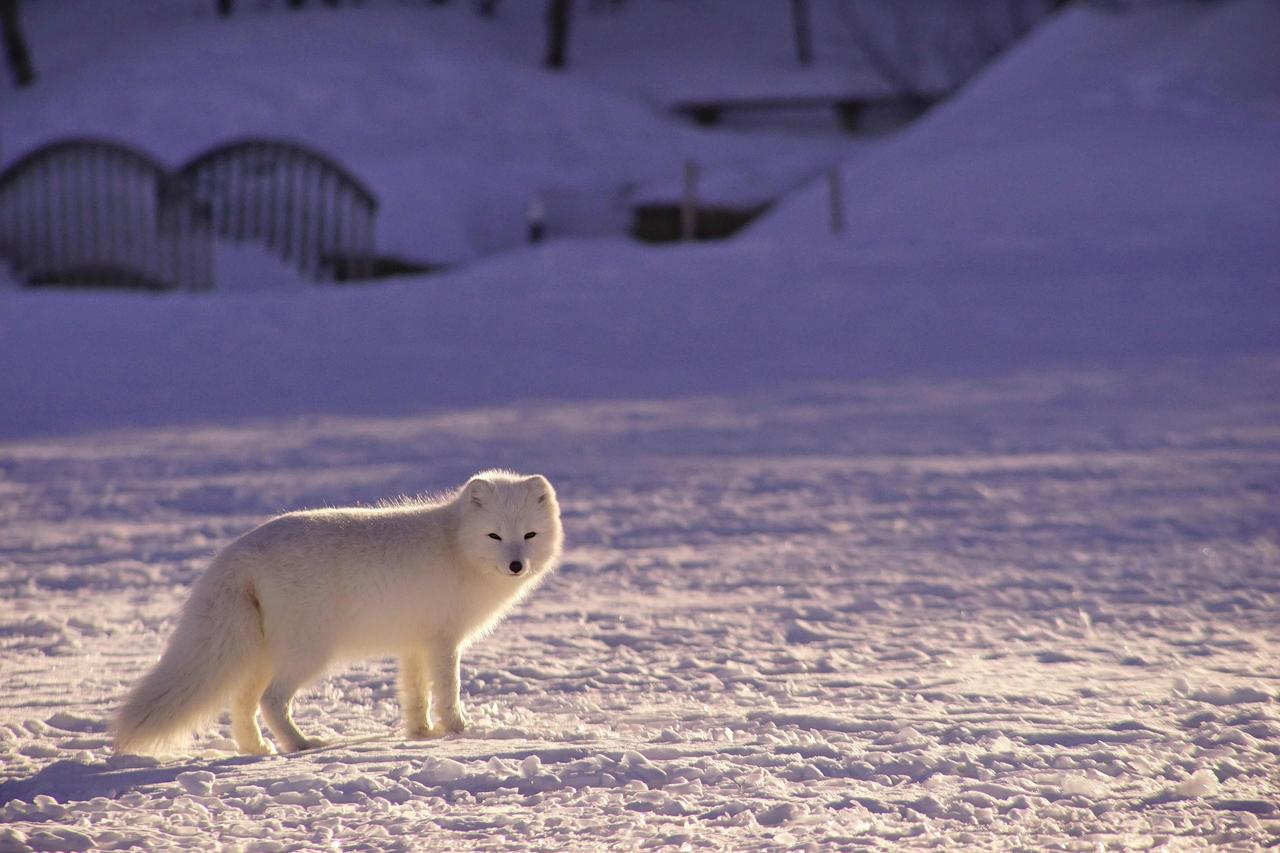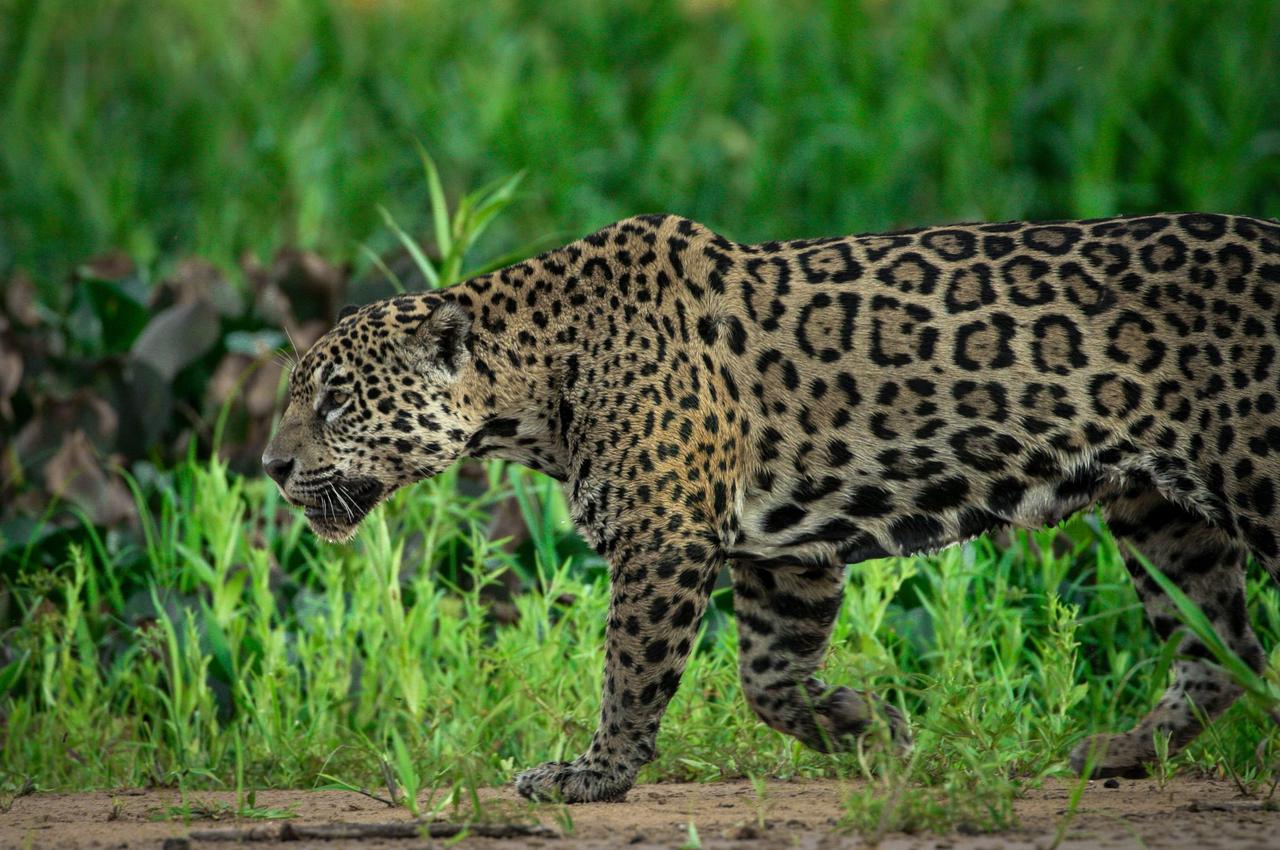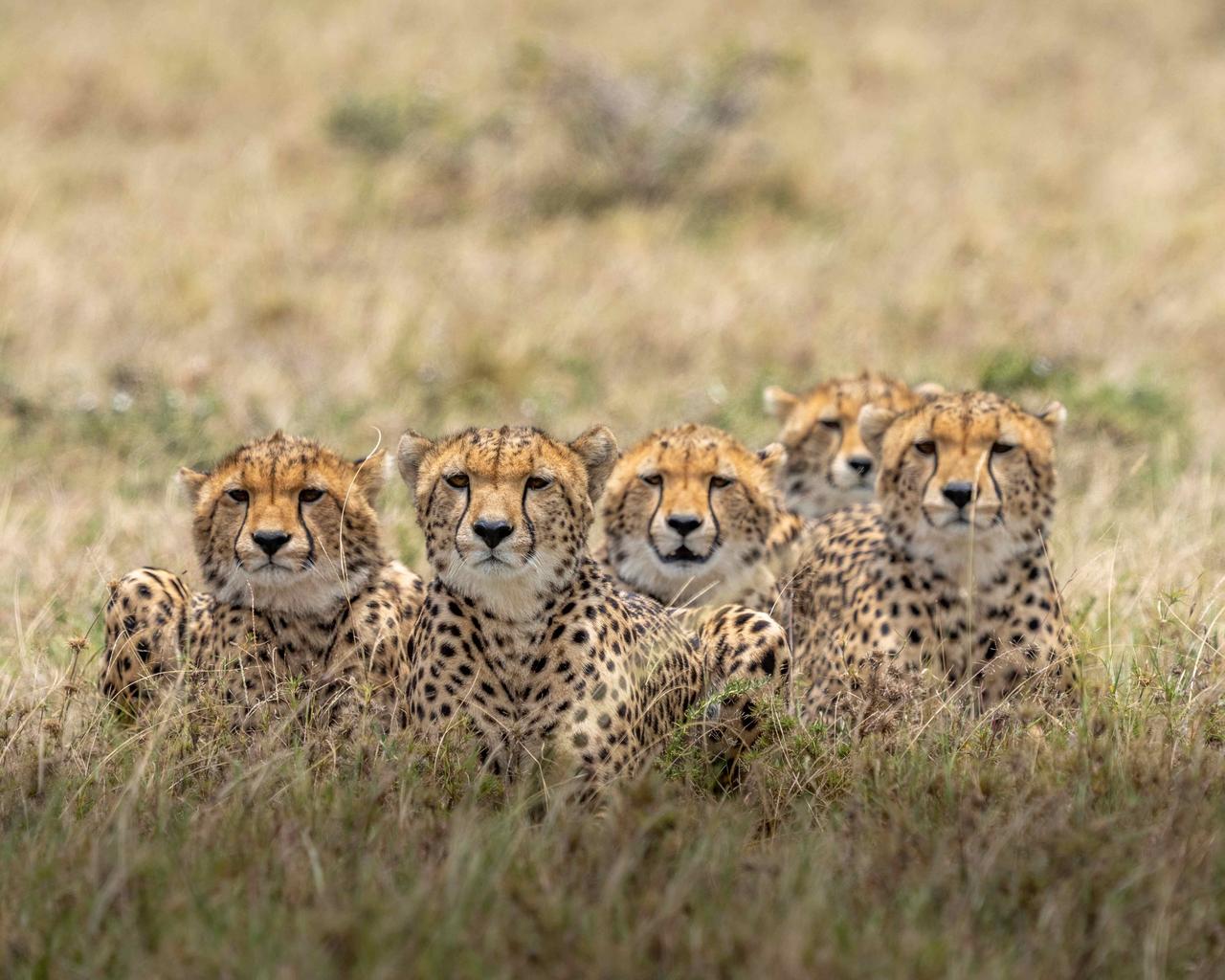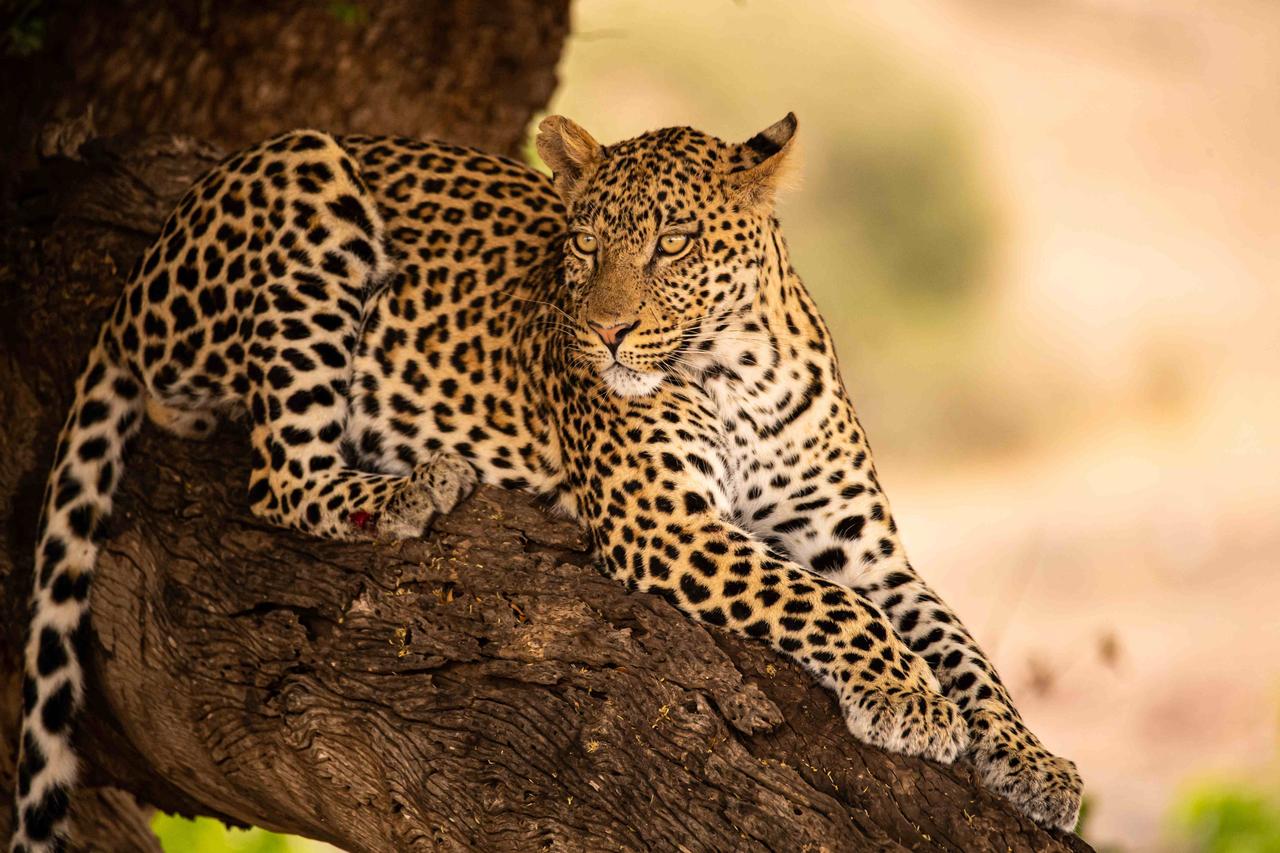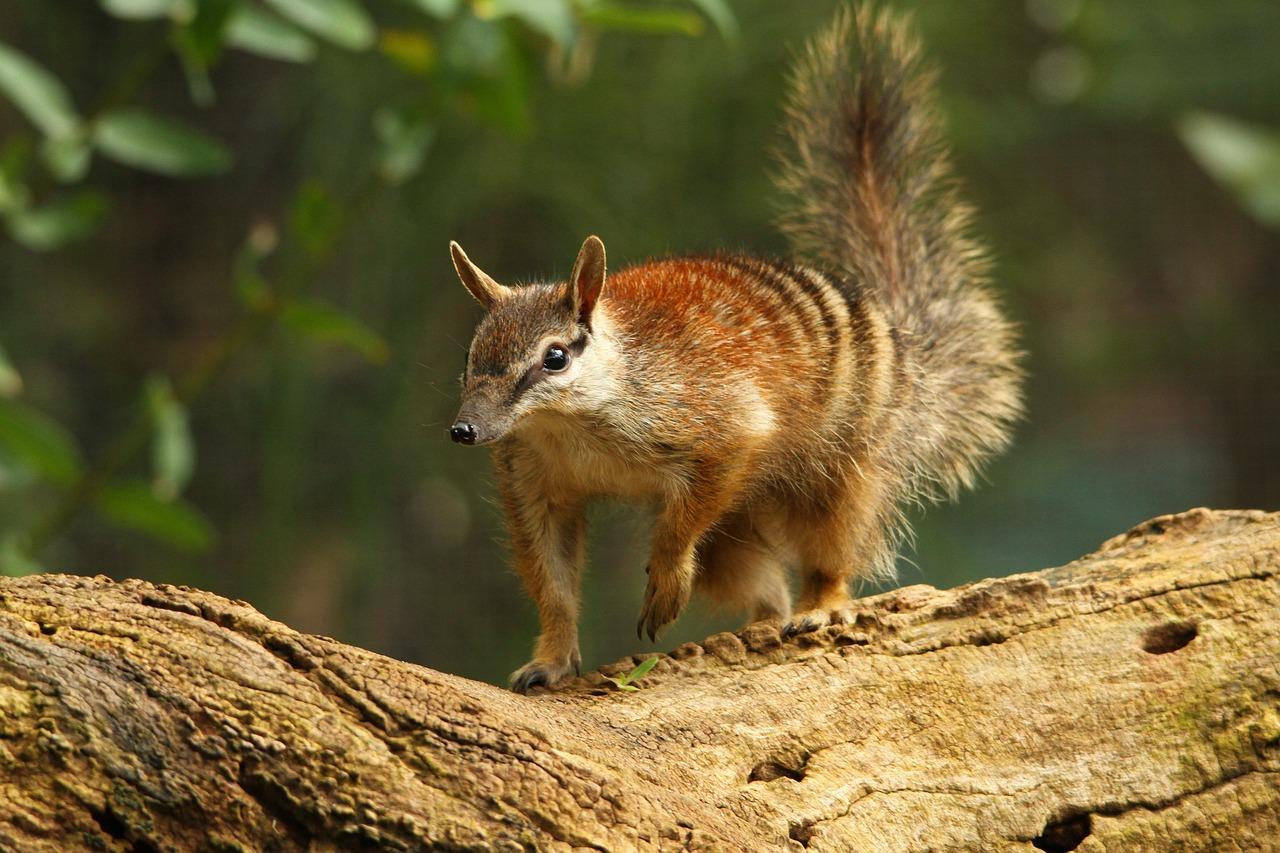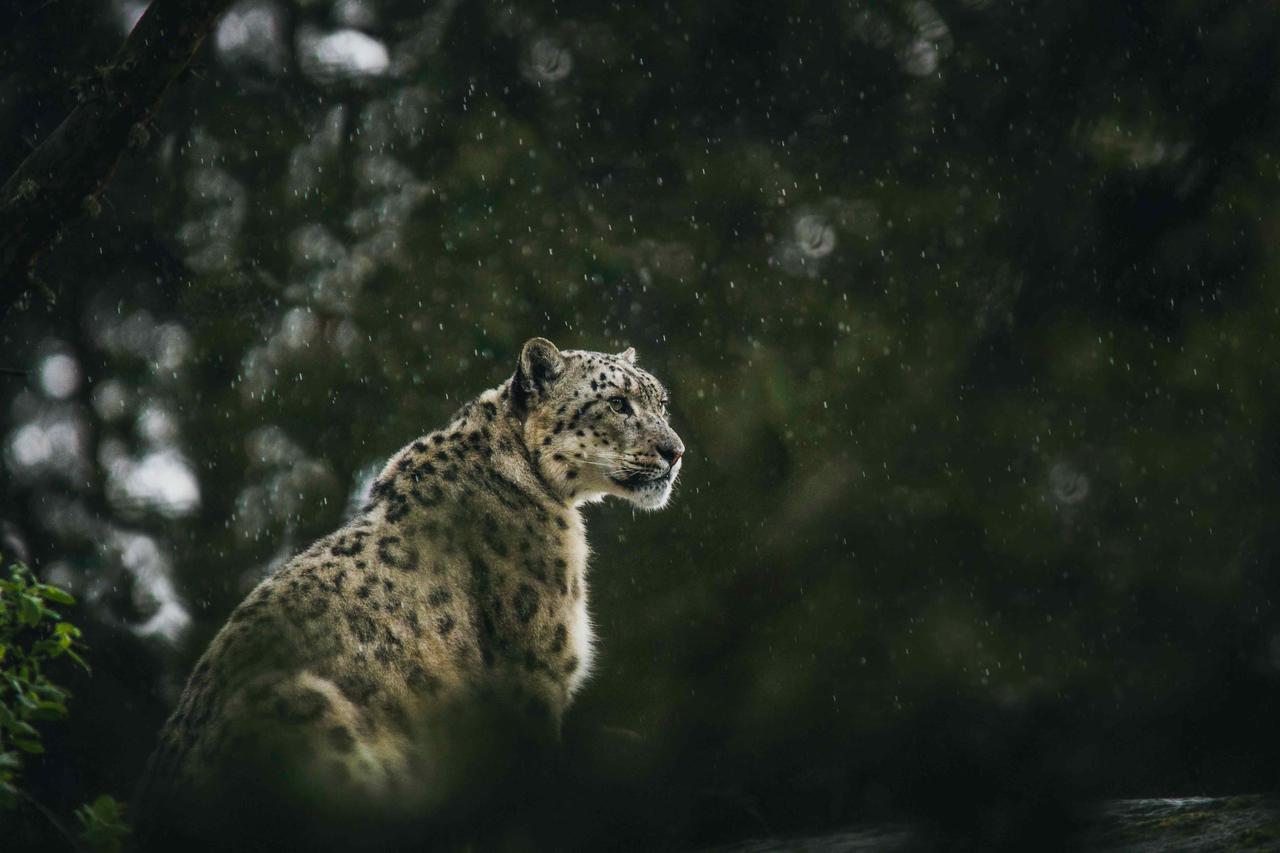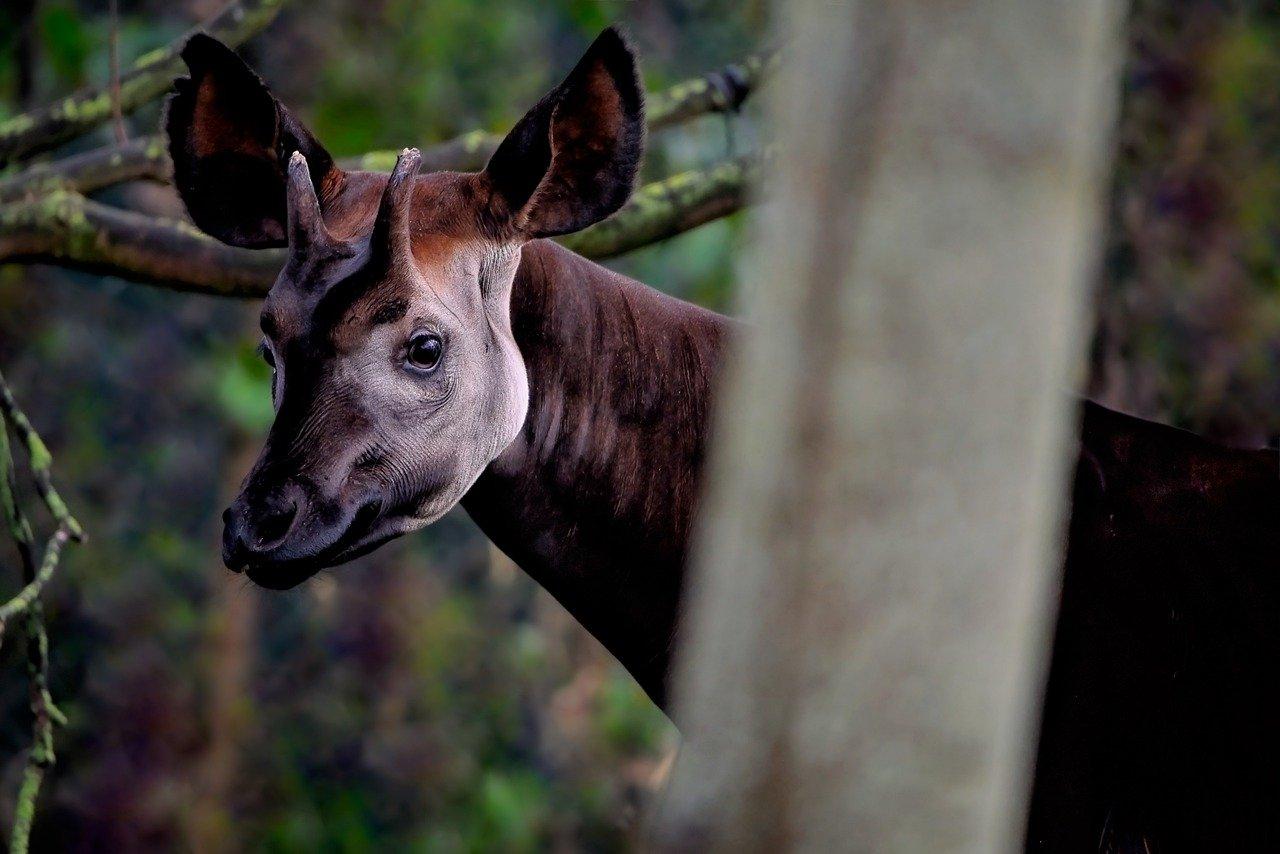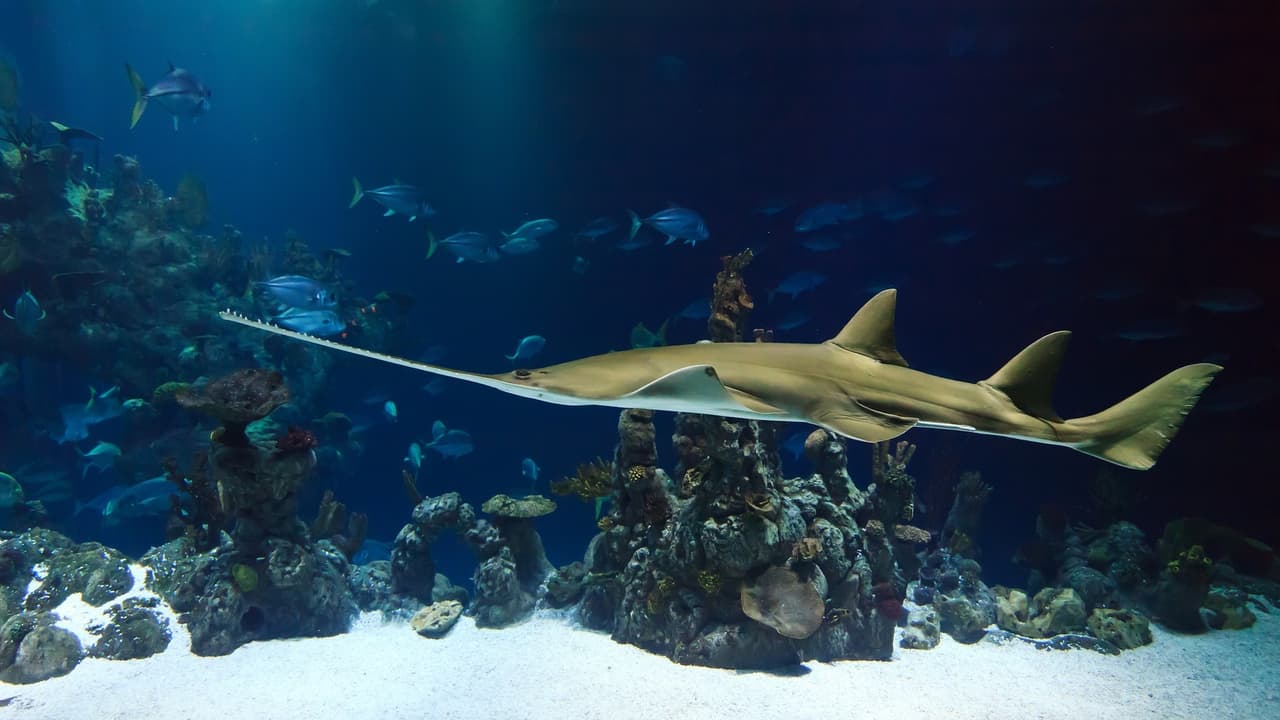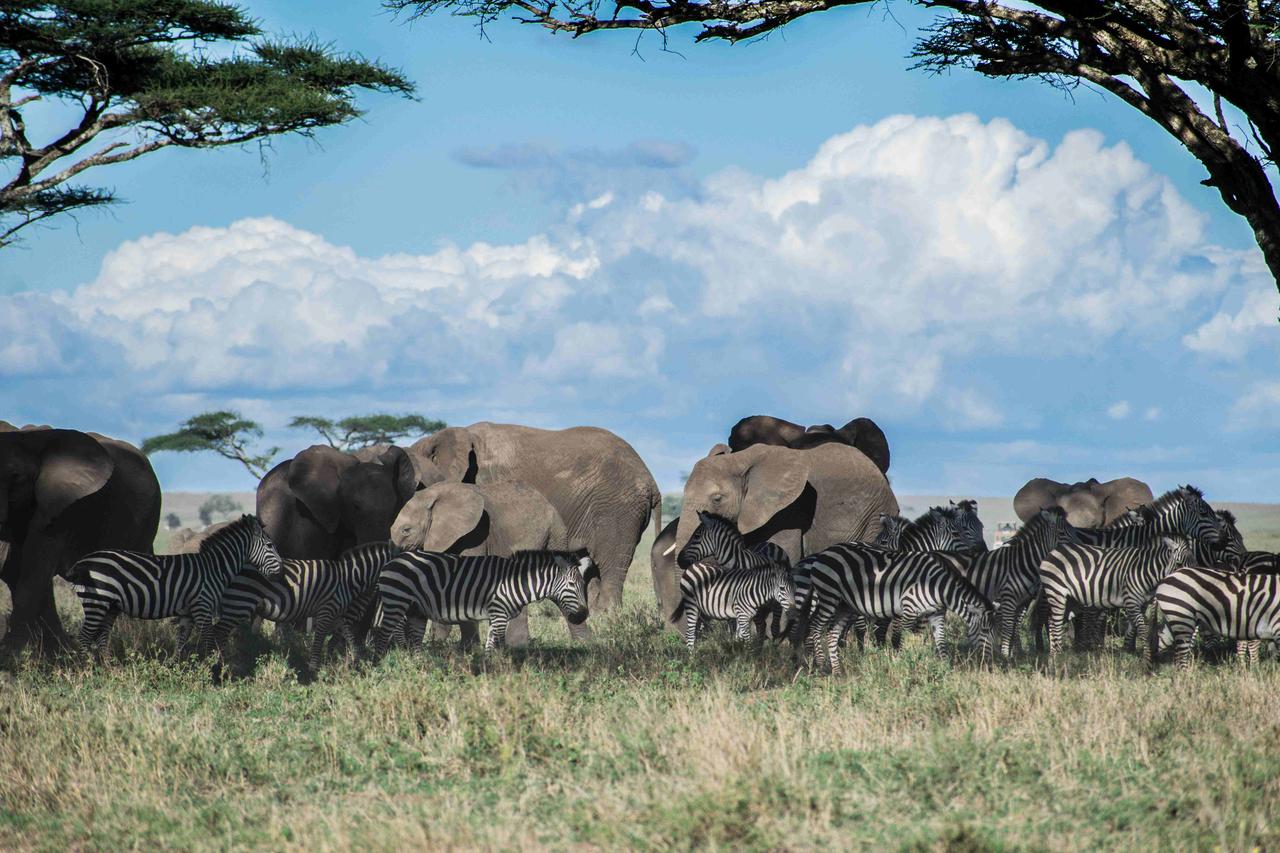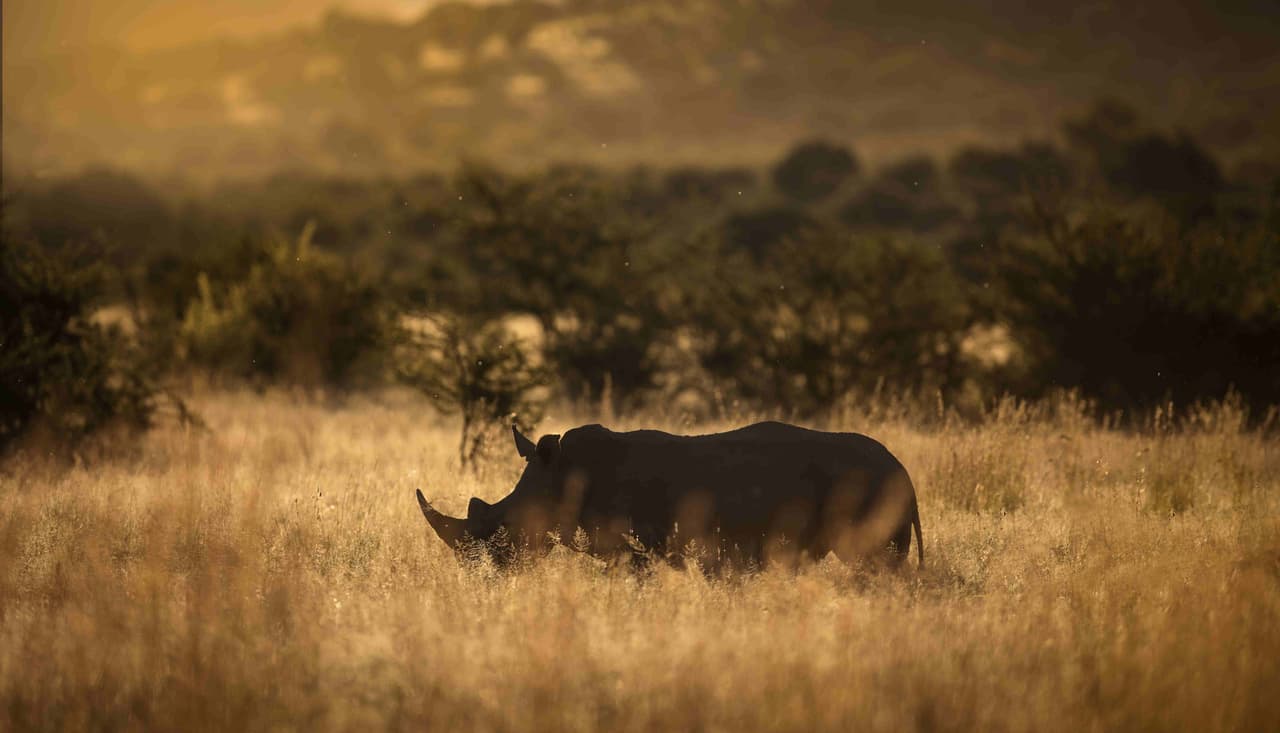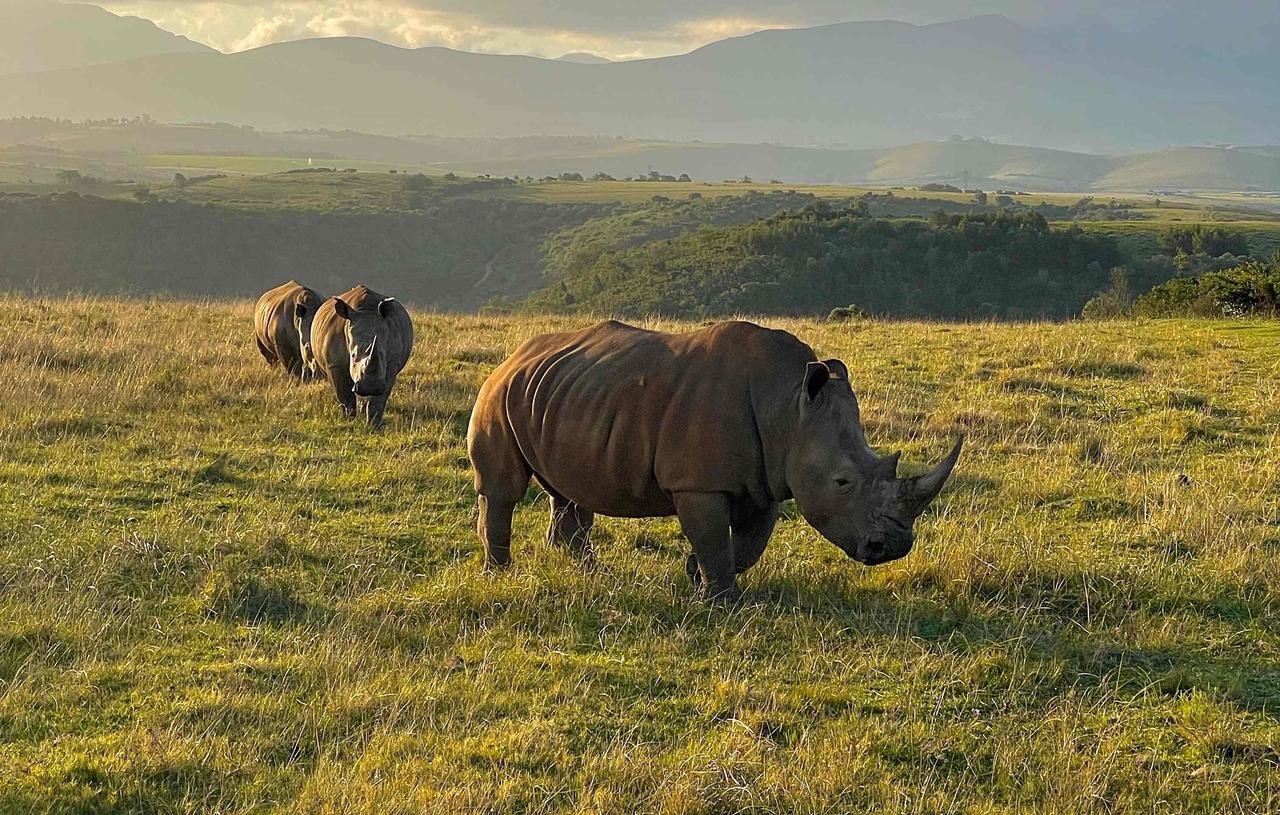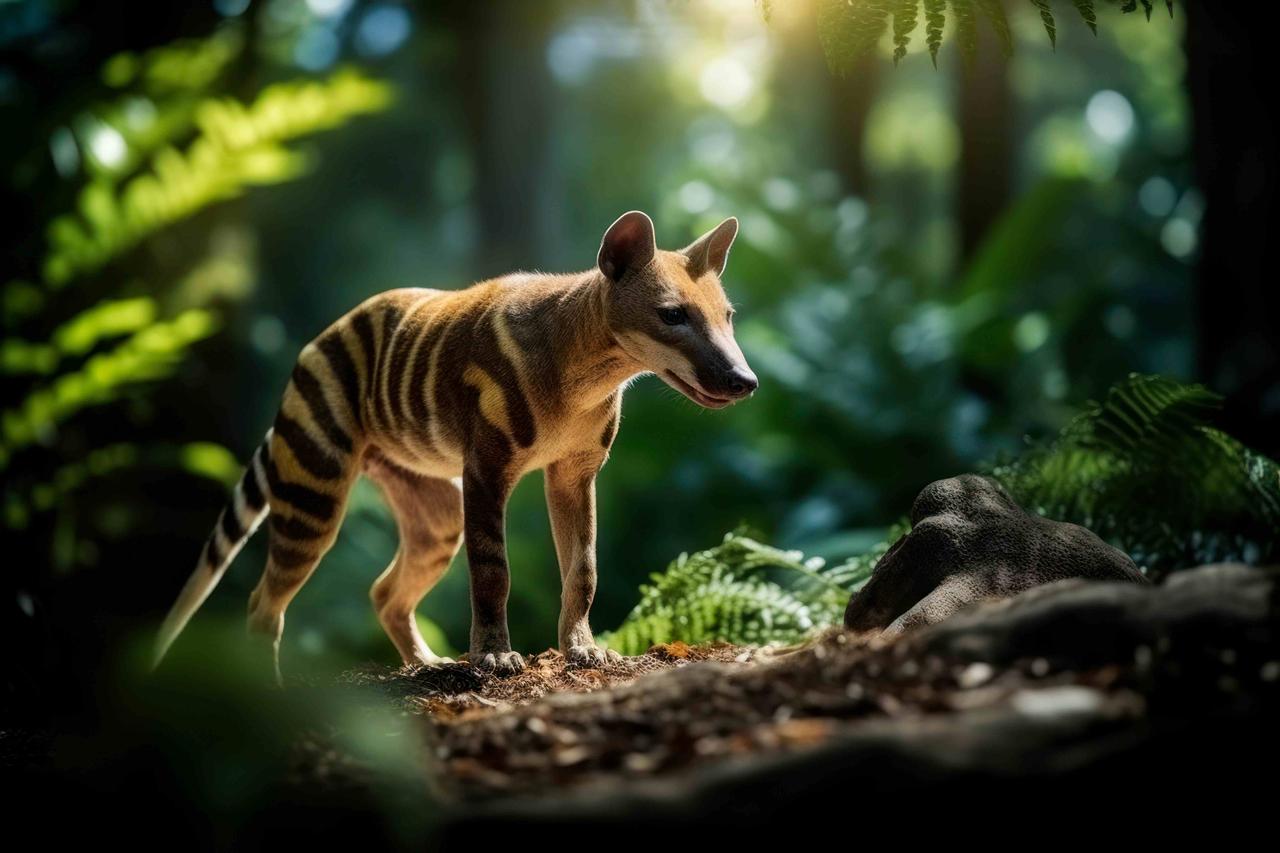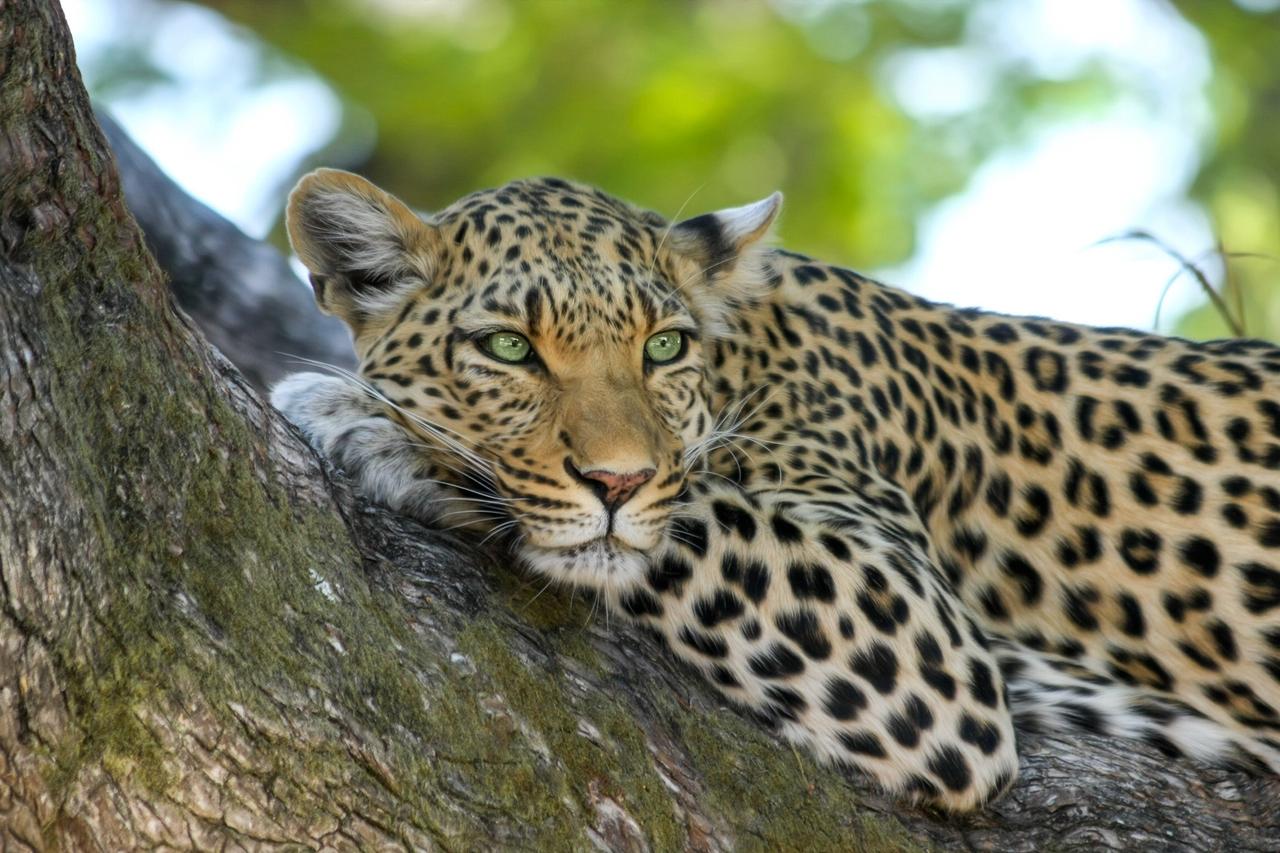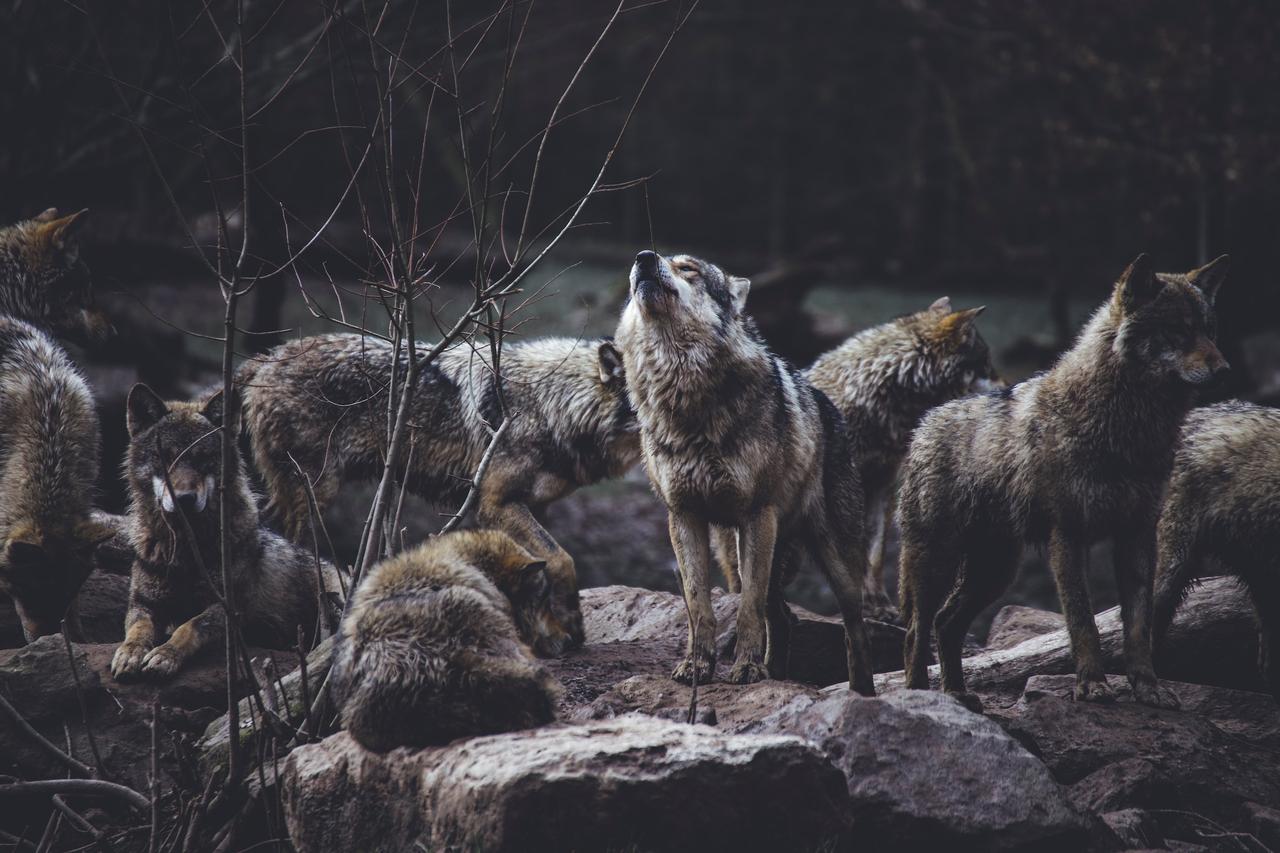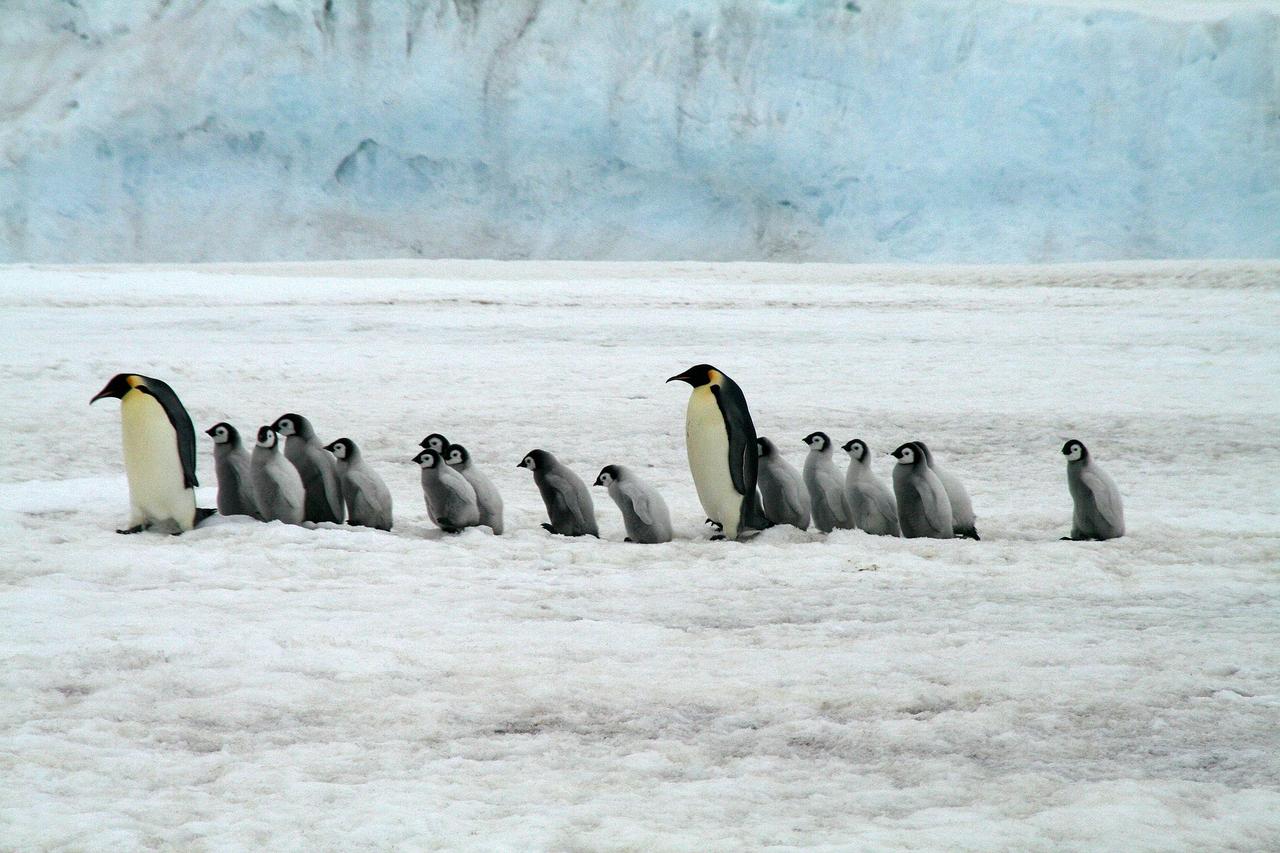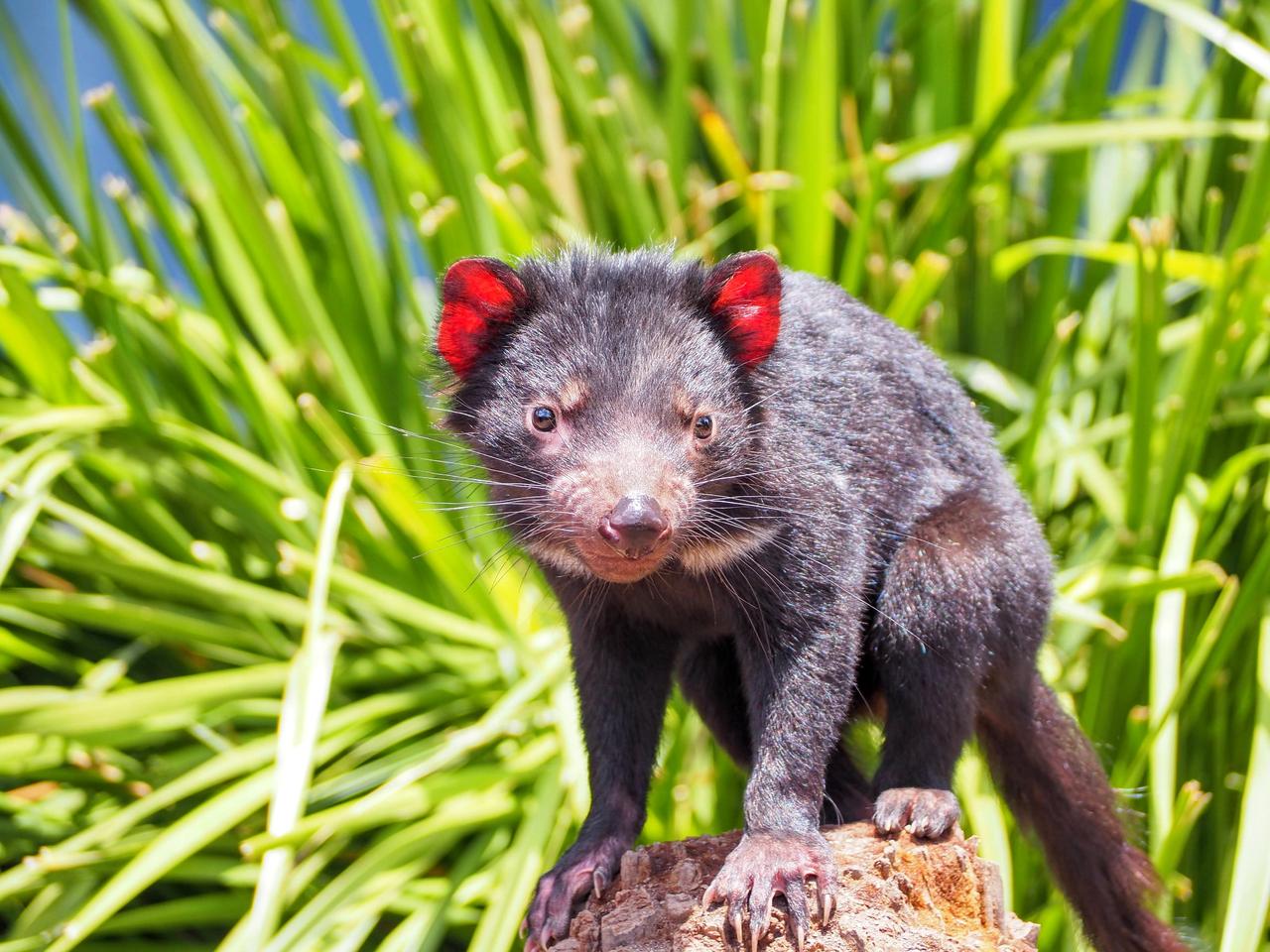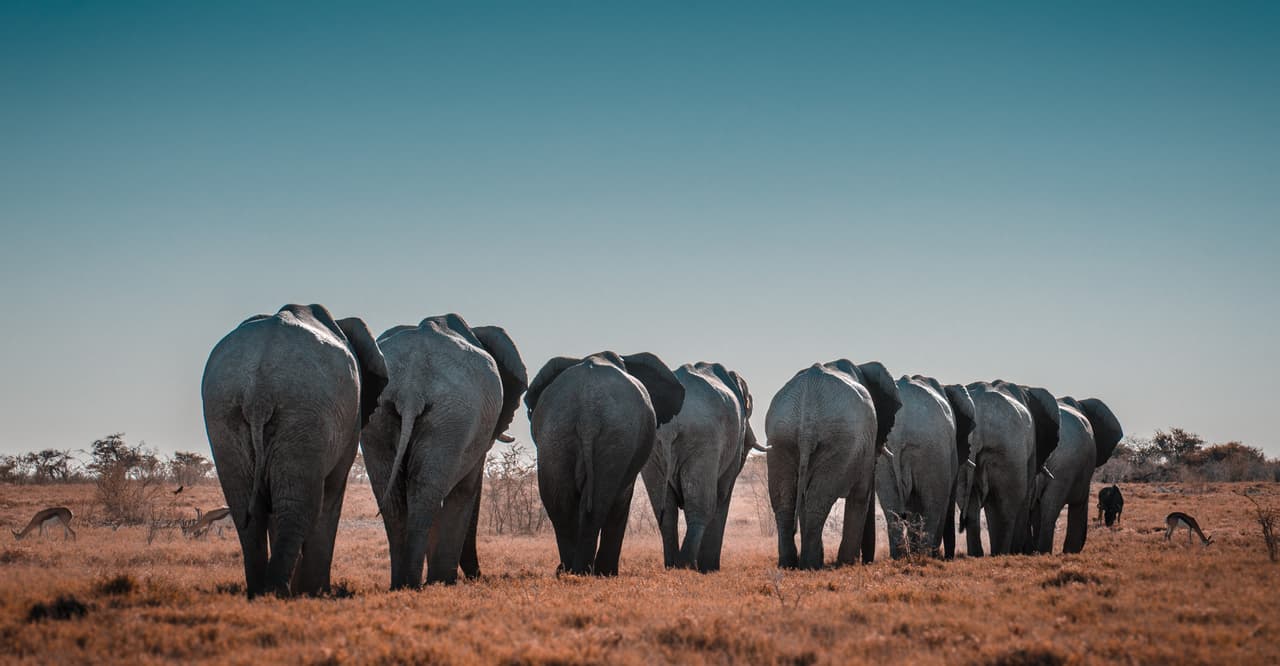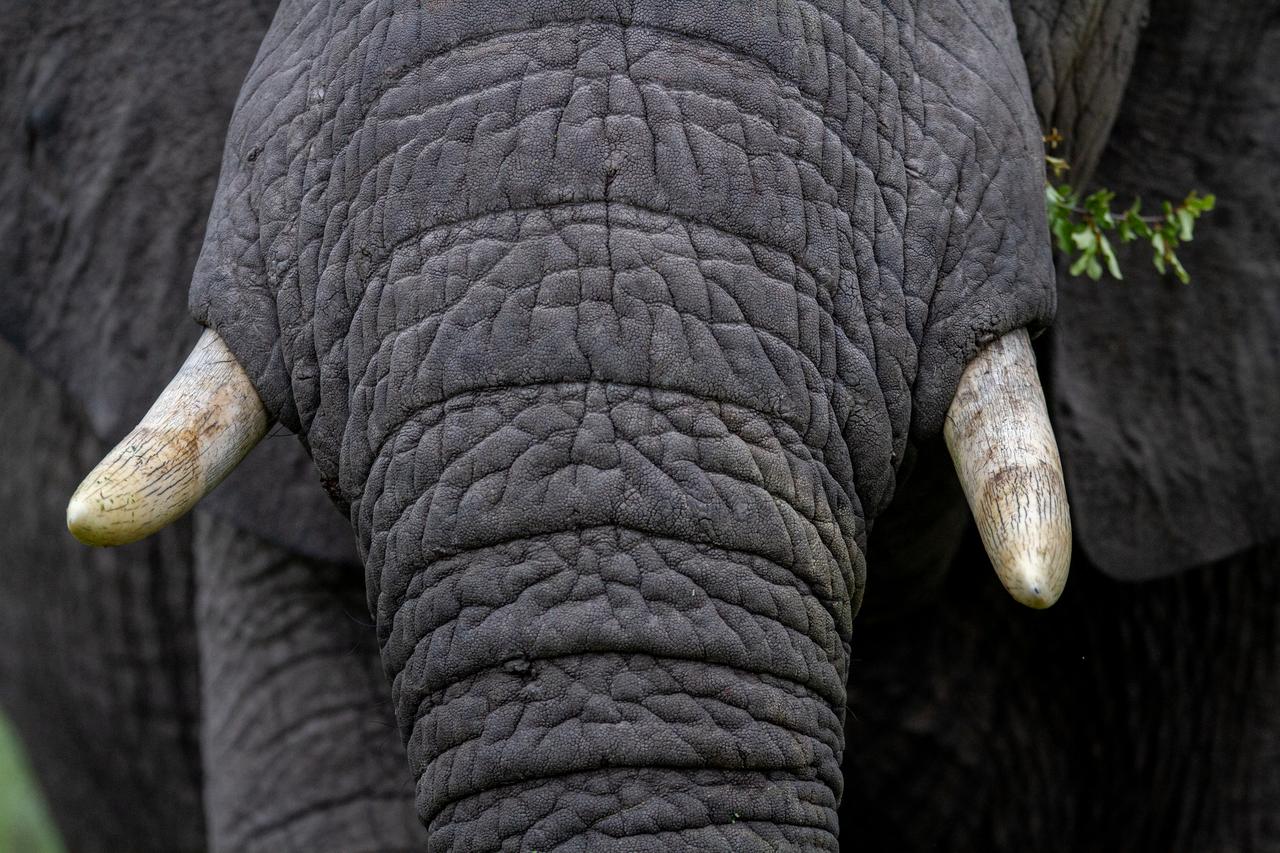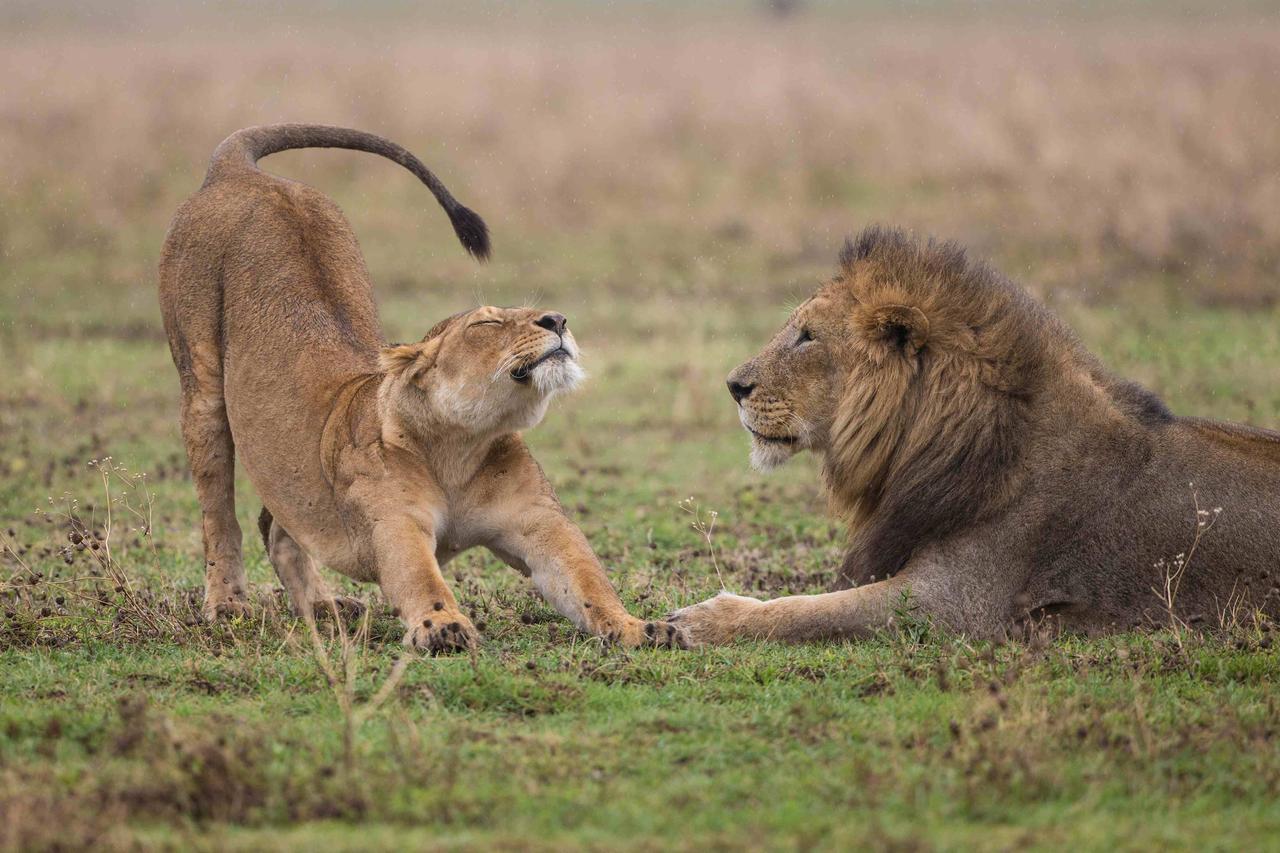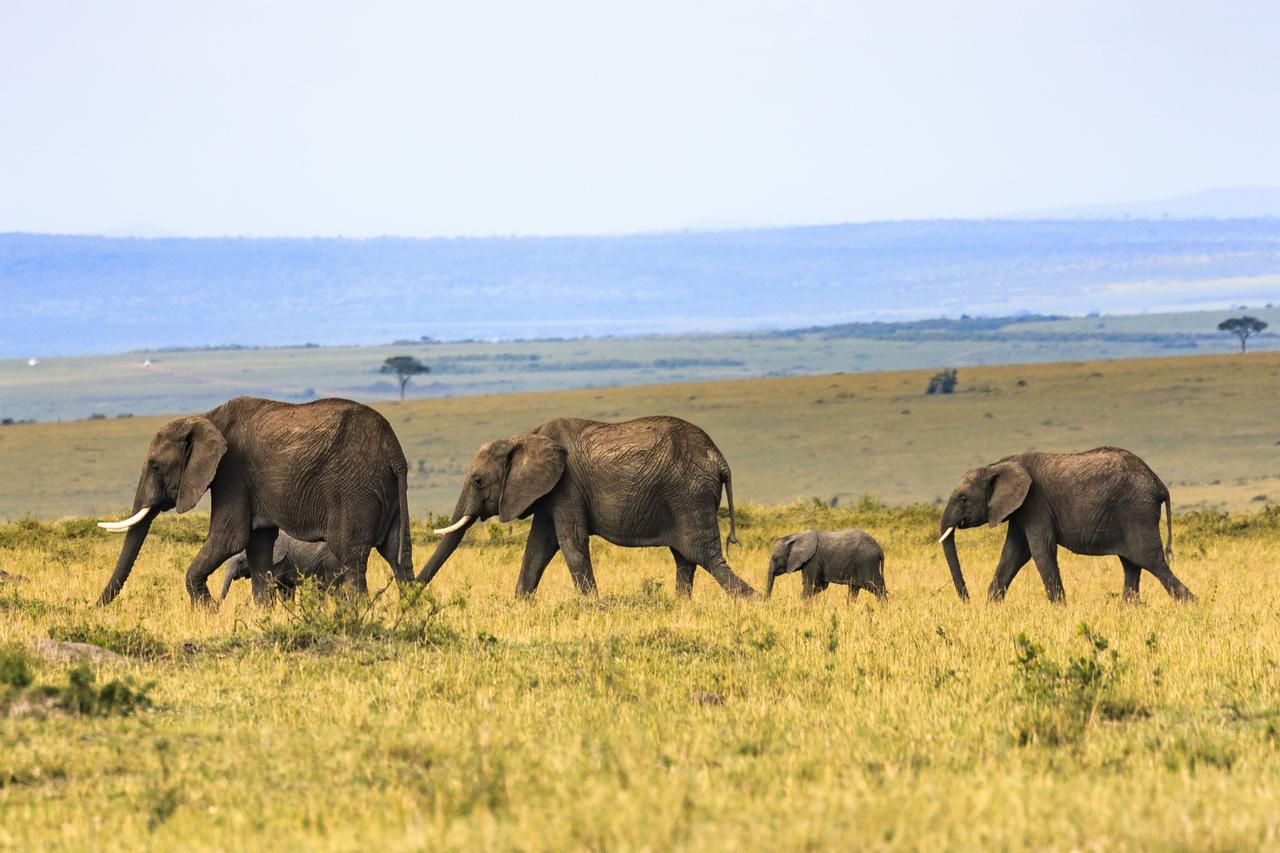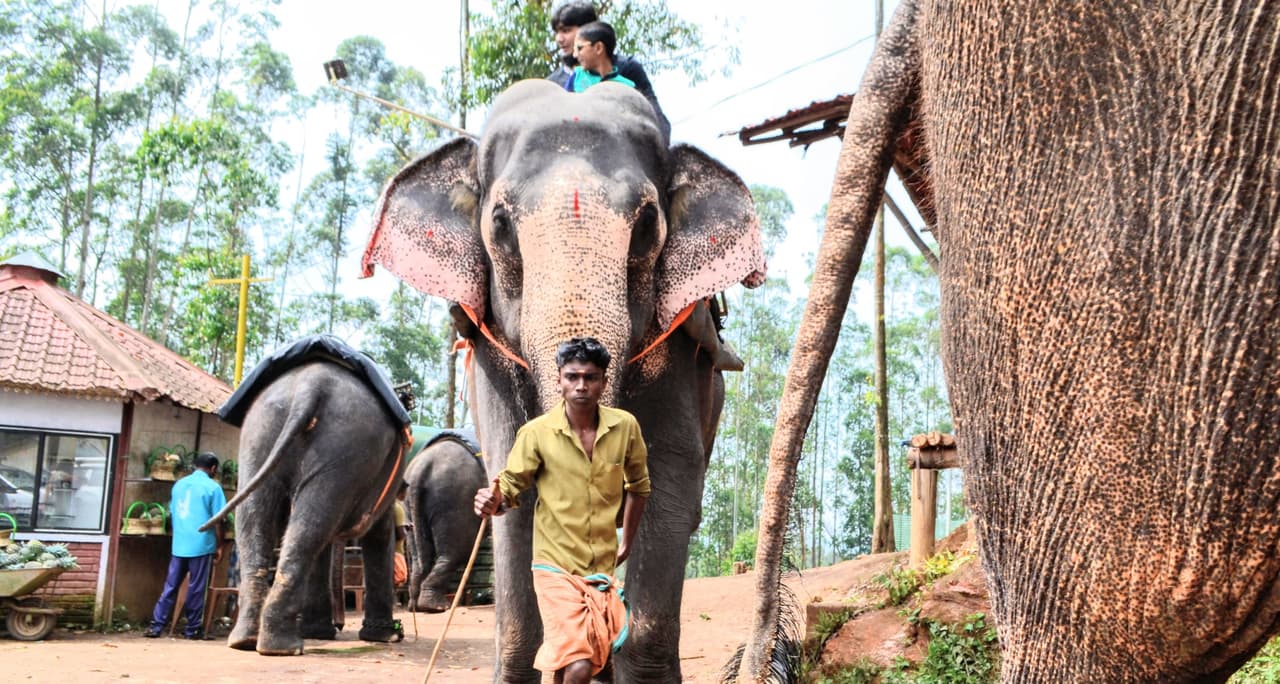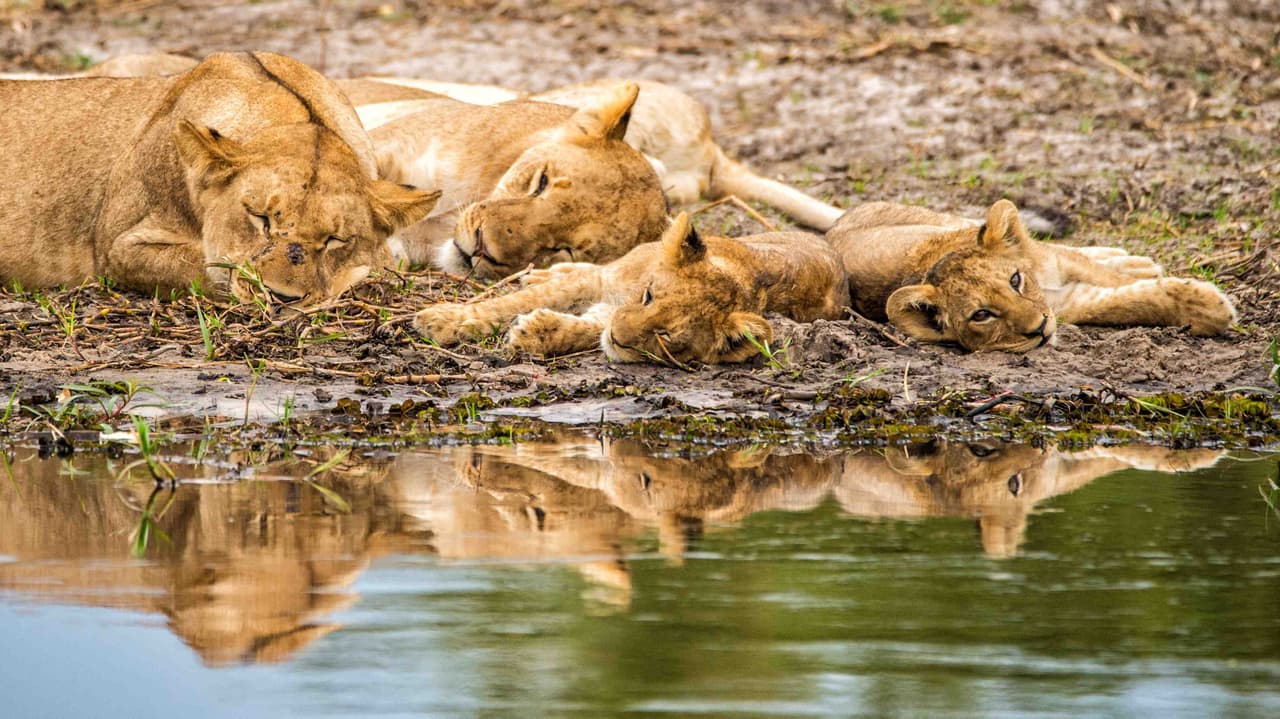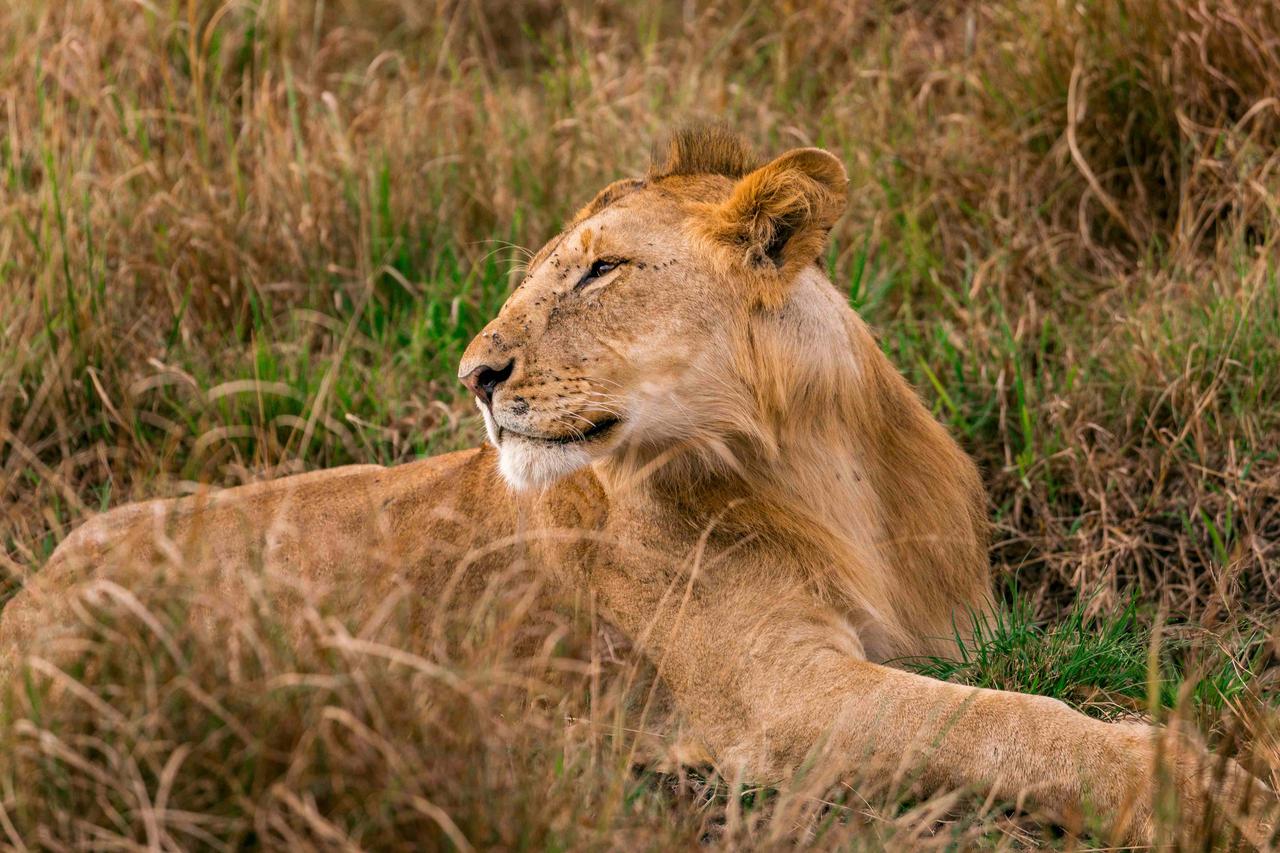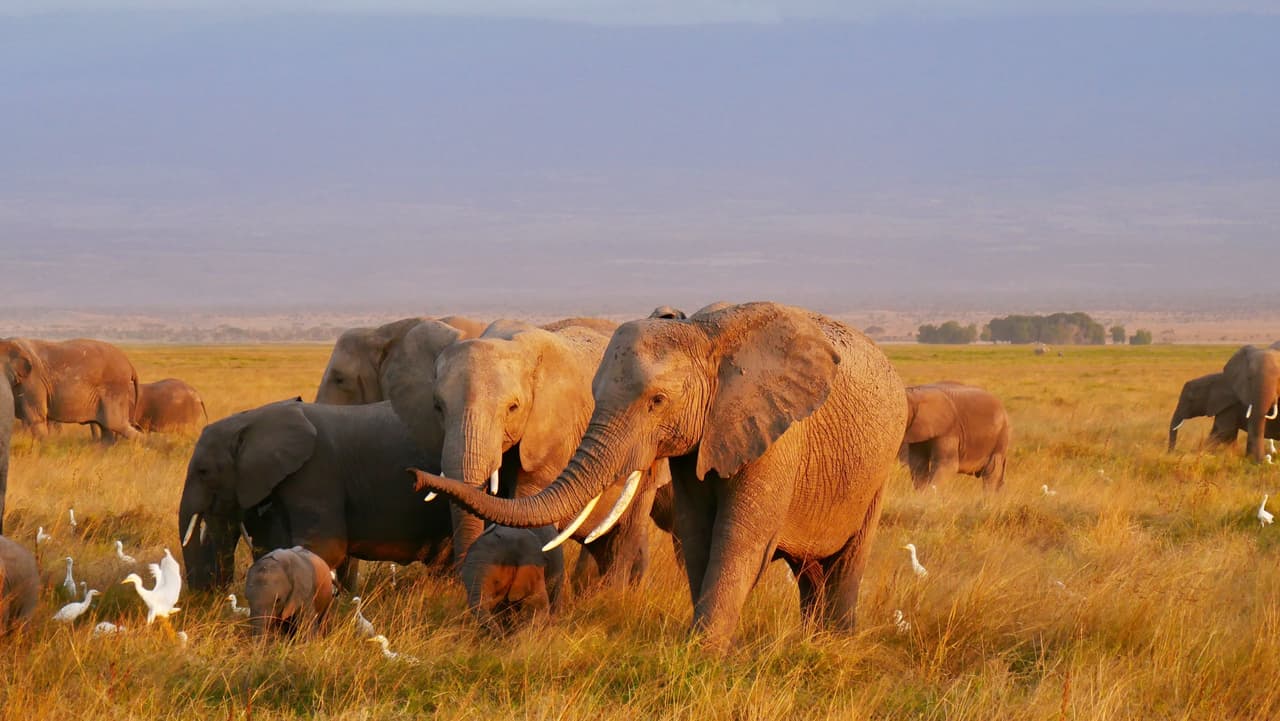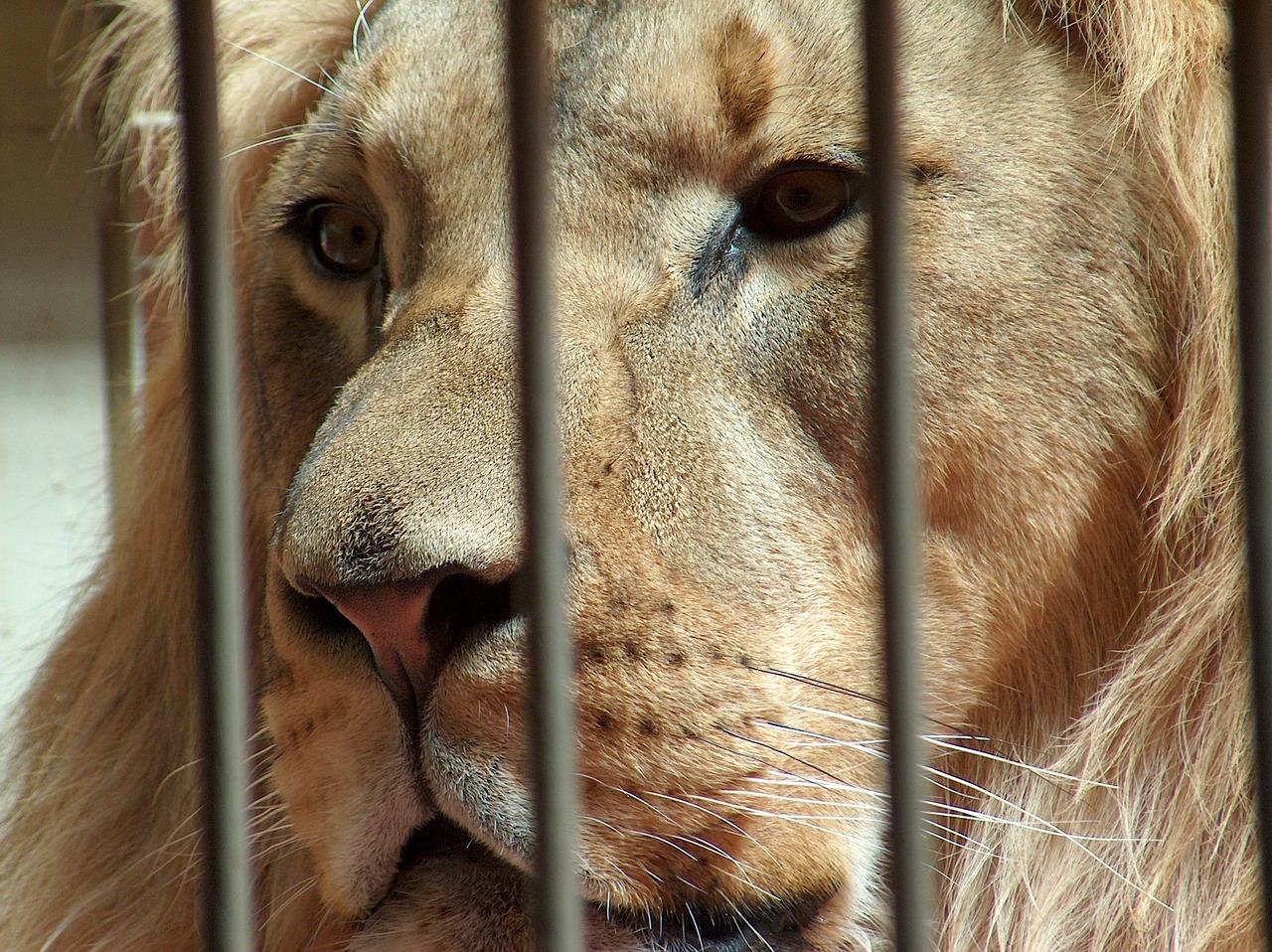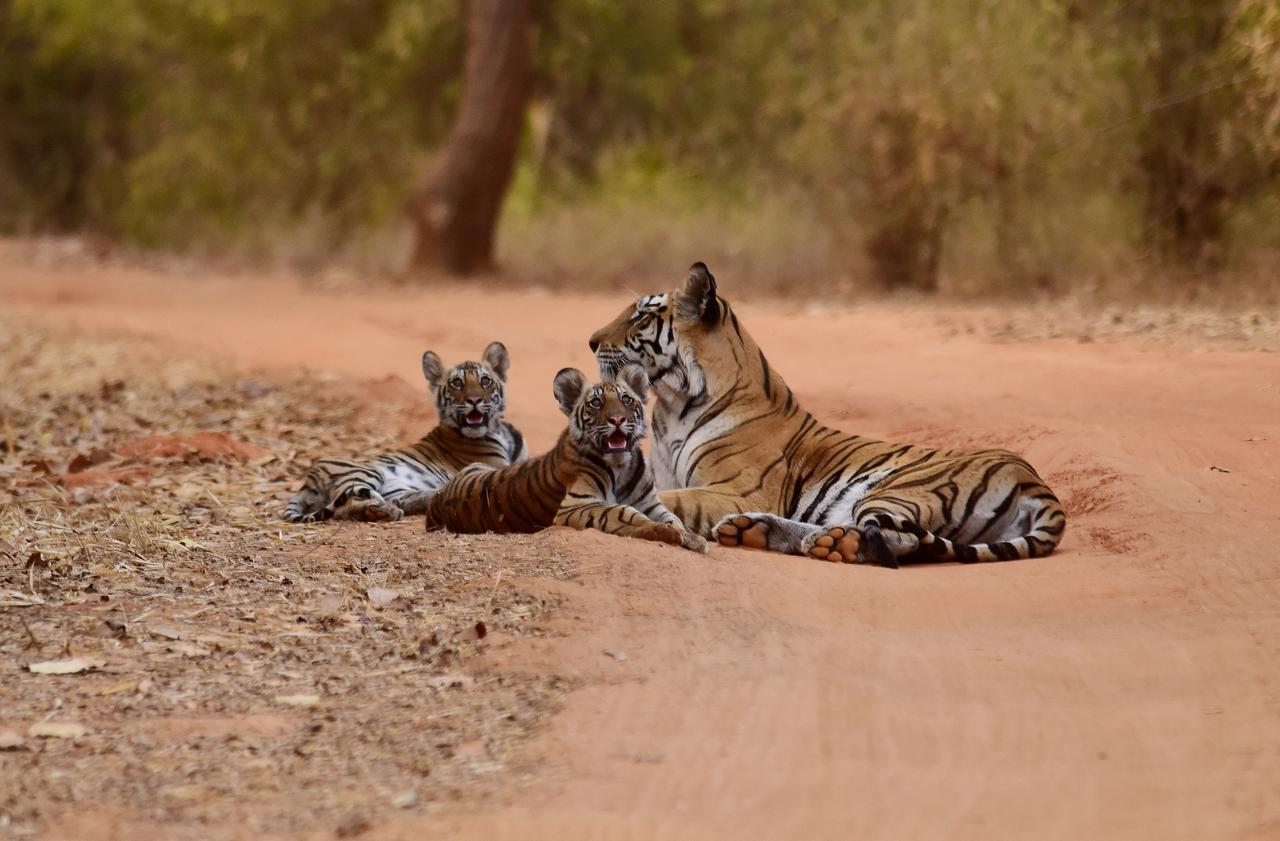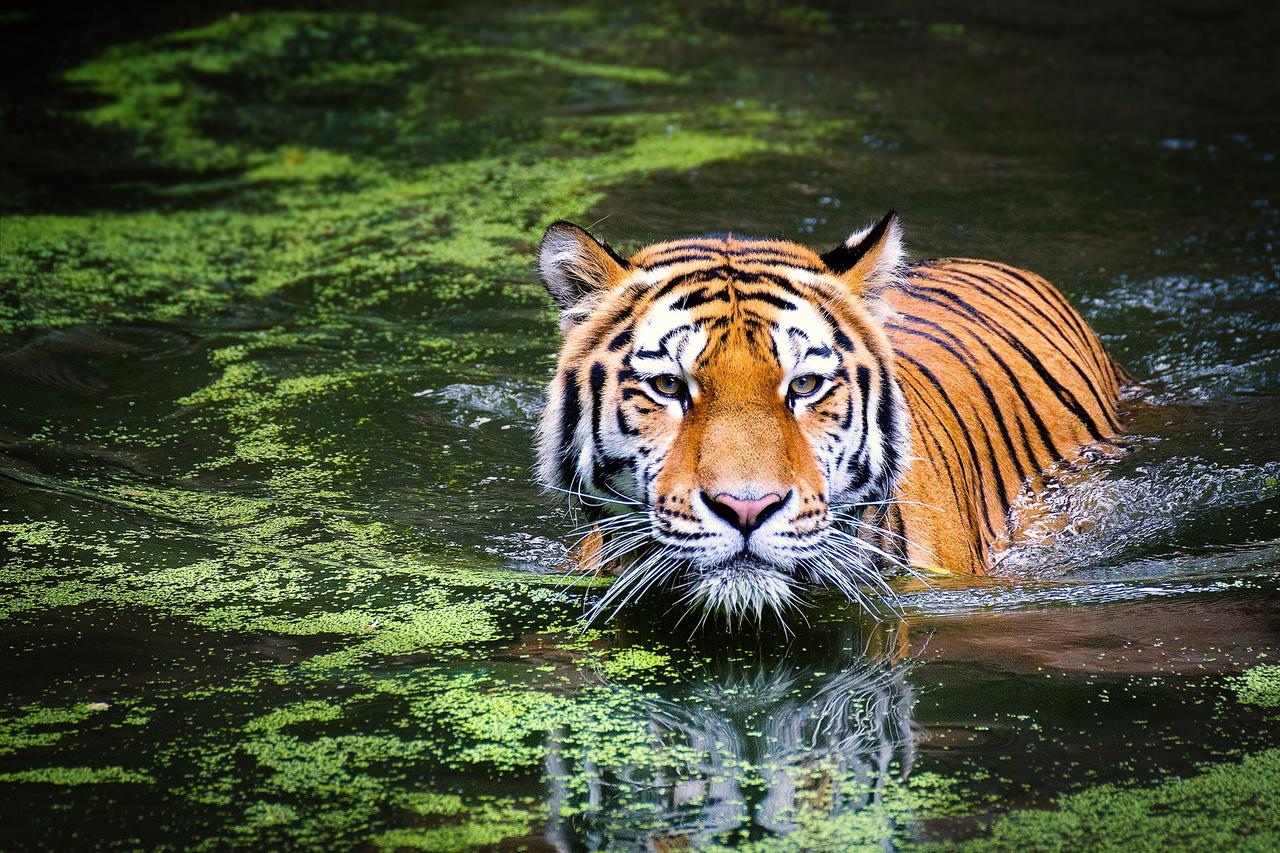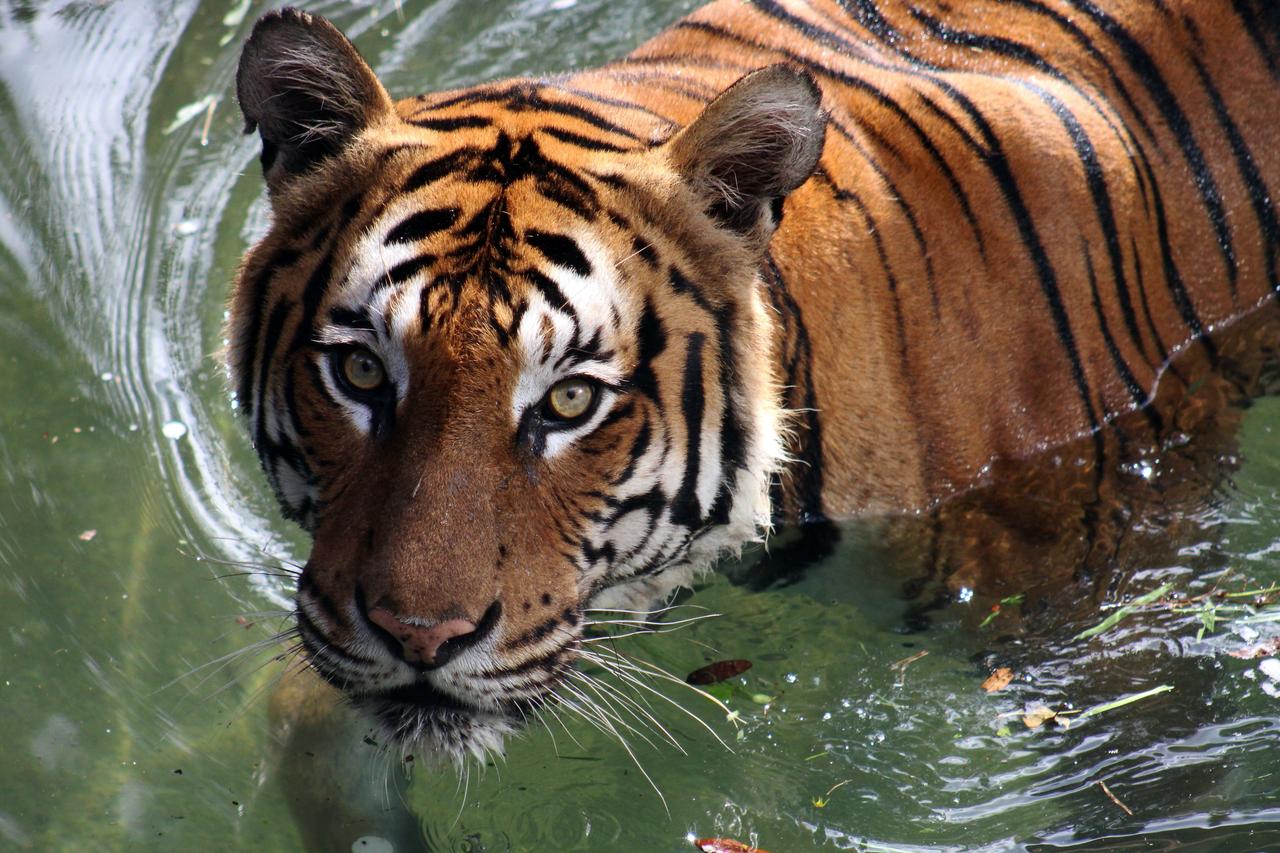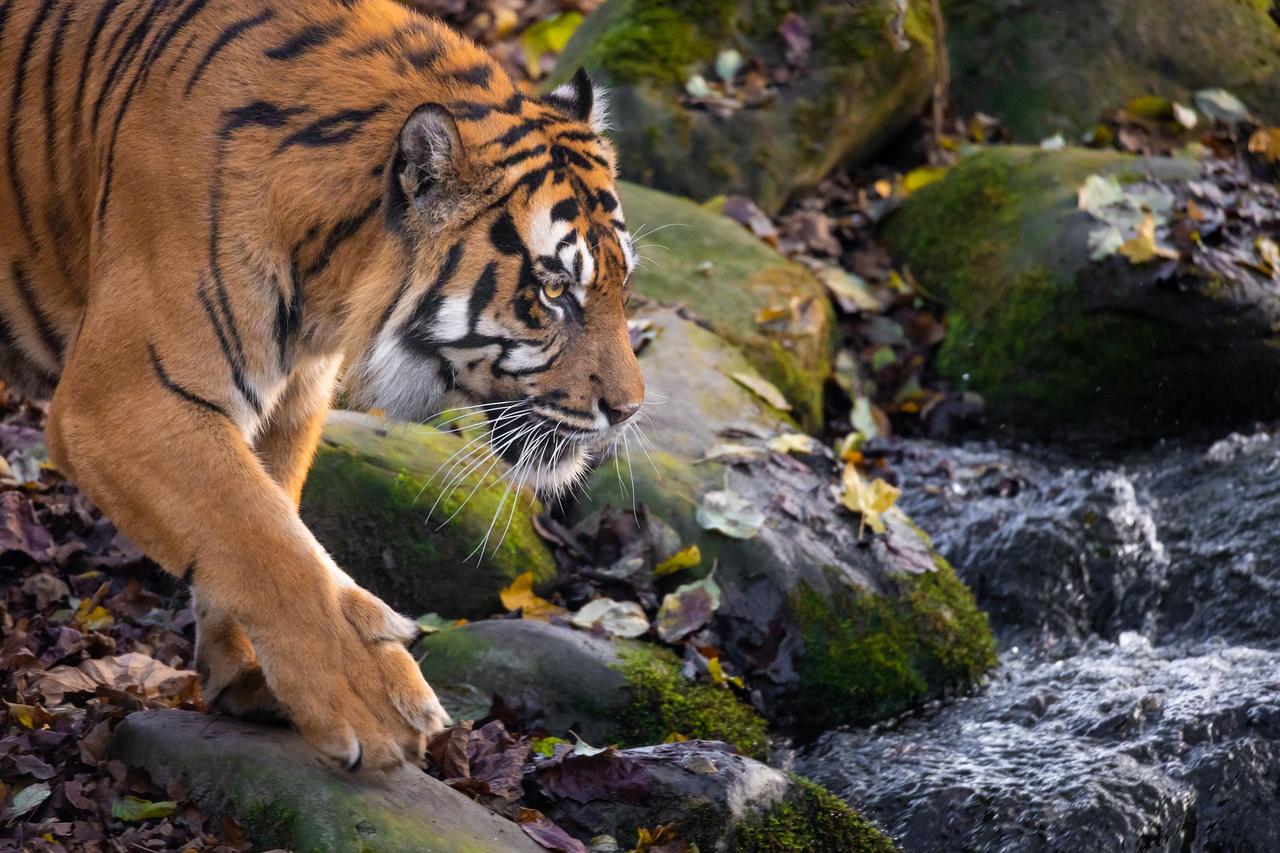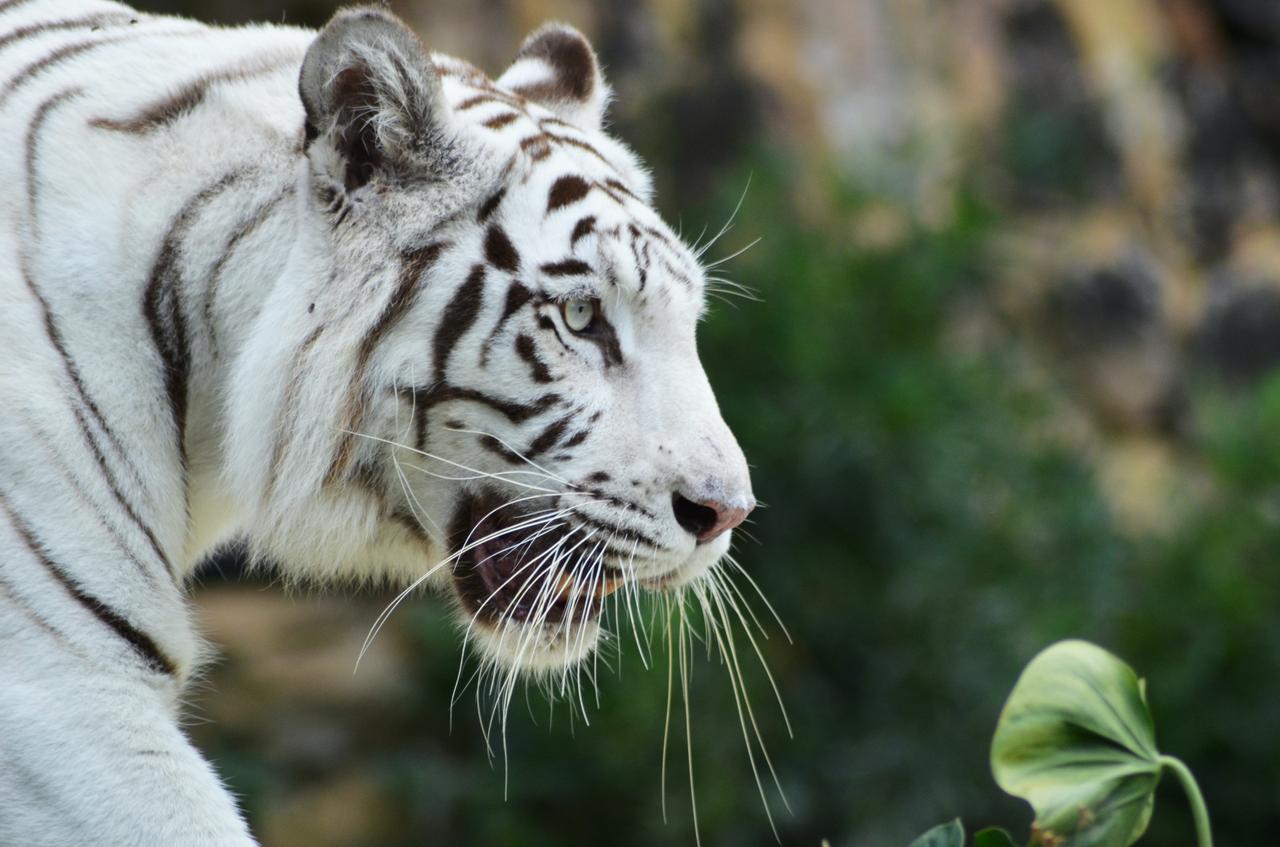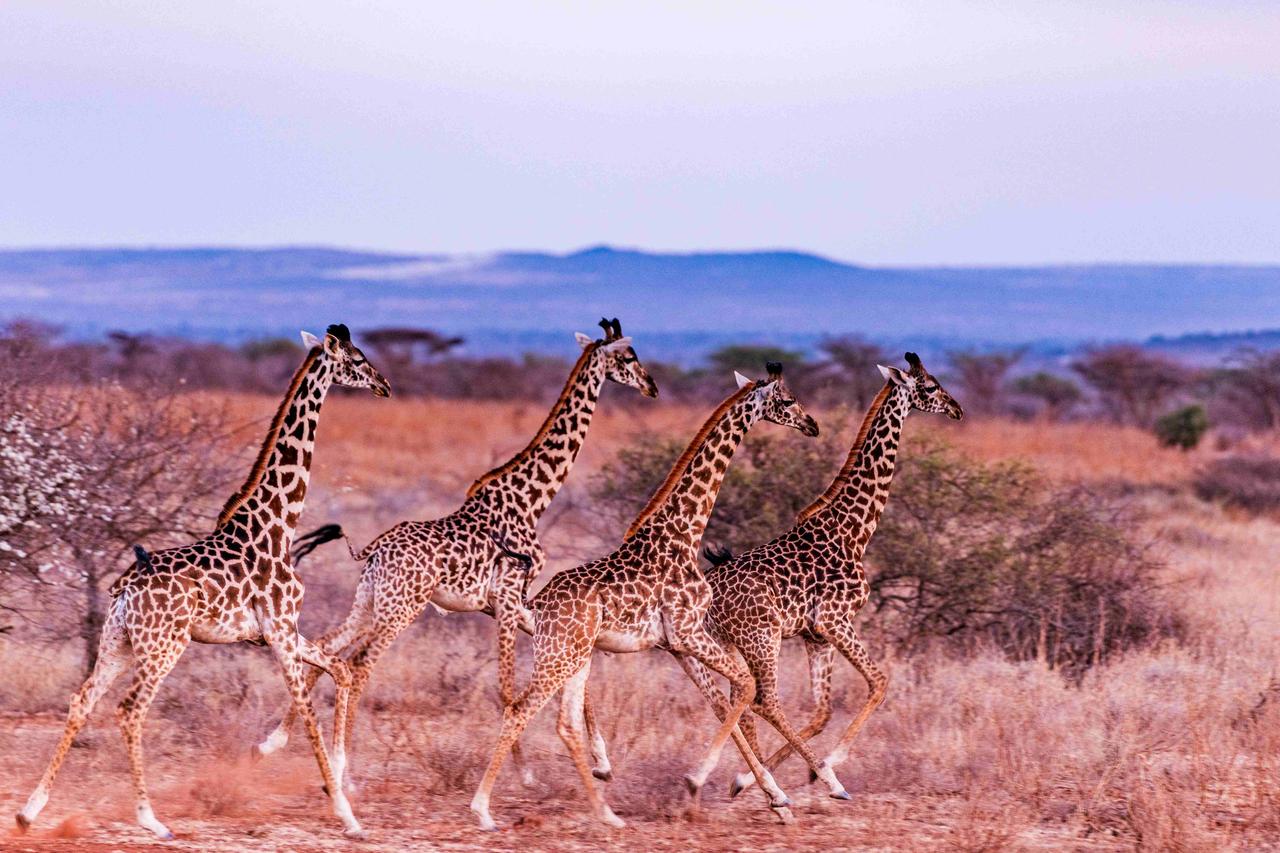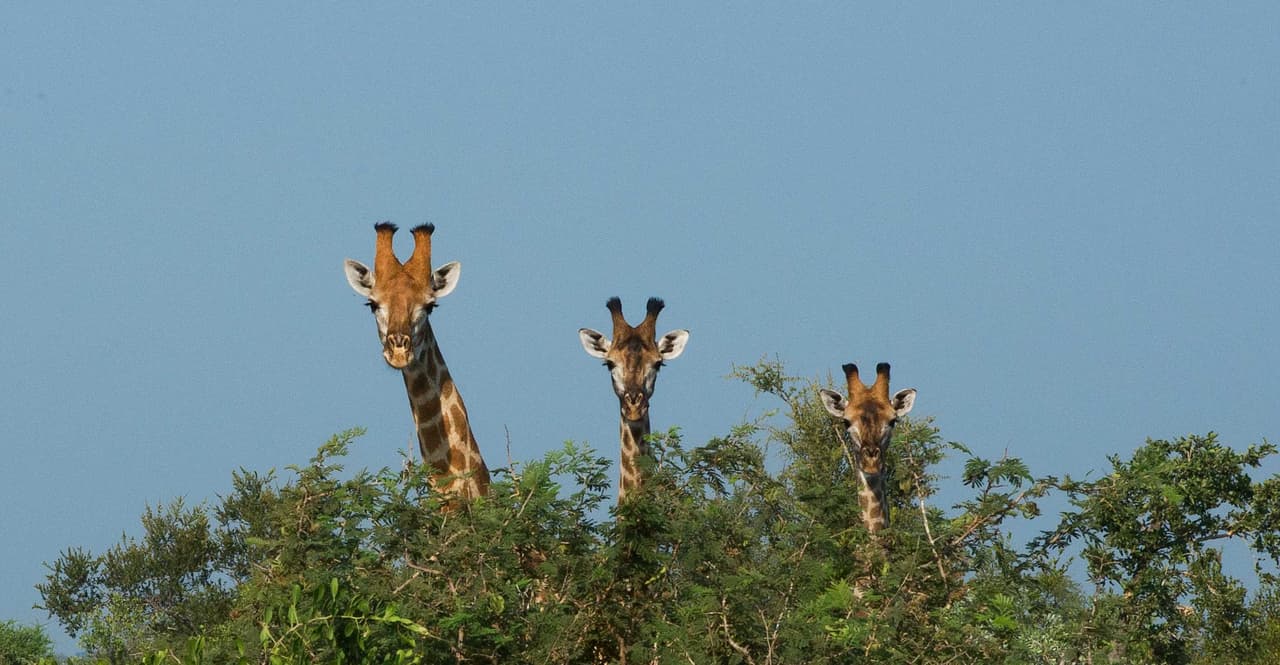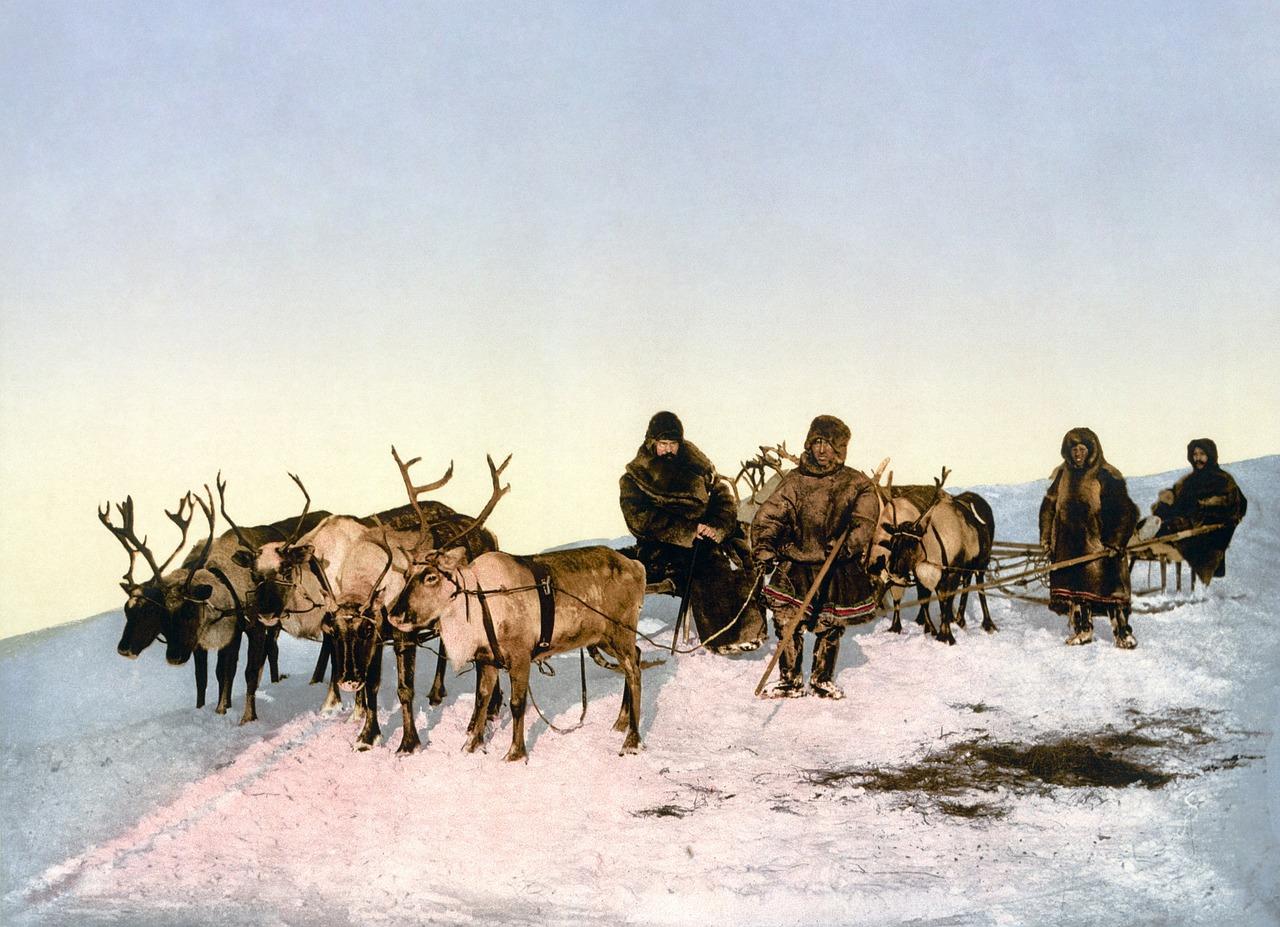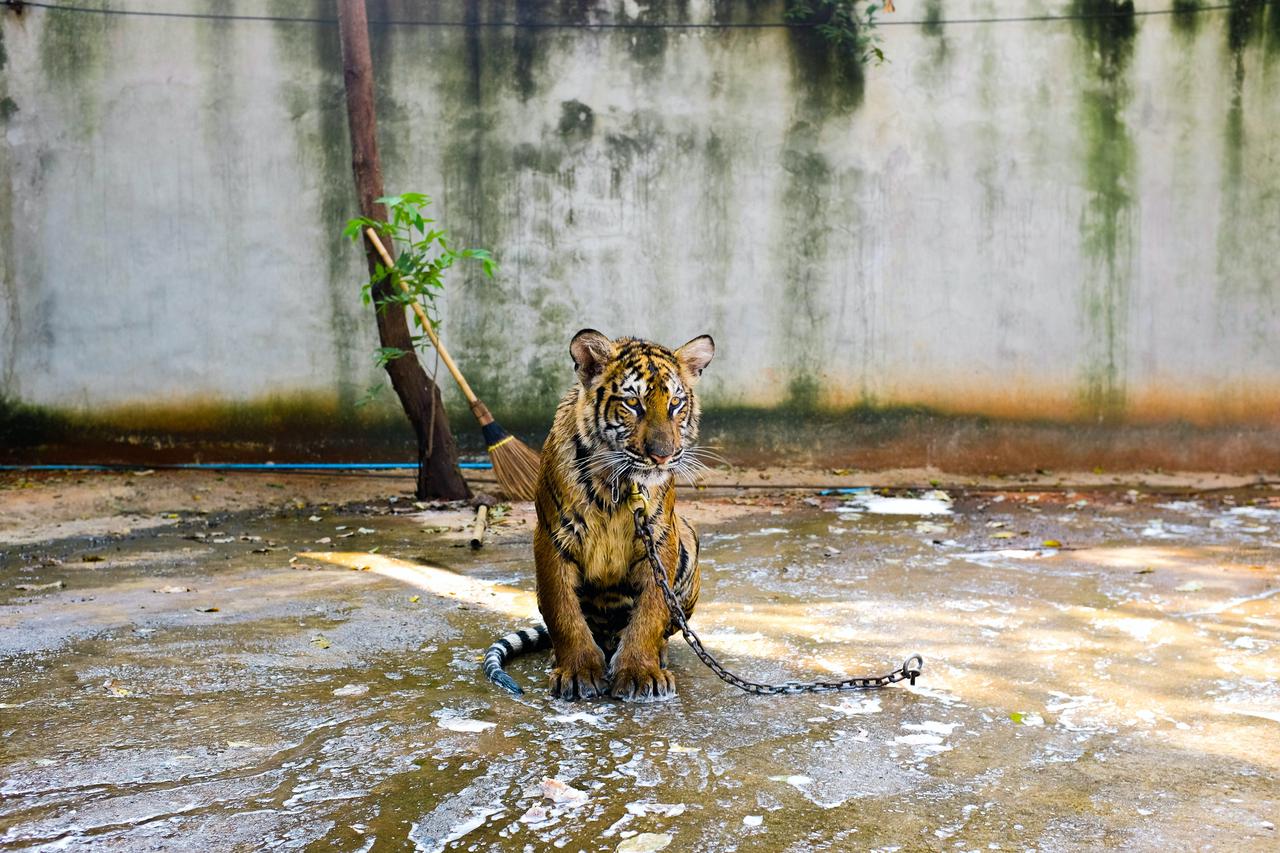
Behind many of those once-in-a-lifetime wildlife experiences is a life of suffering unseen. What to know and how you can help.
More tigers live in cages than they do the wild.
Today, there are approximately 10,000 tigers living in captivity. At one point, more than half of them could be found in the United States, and only six percent resided in accredited zoos and facilities. Following the release of the wildly popular Netflix series, Tiger King, a spotlight was shown upon the dark realities of tiger captivity and the use of tigers for commercial attraction. Because of it, the Big Cat Public Safety Act was enacted, prohibiting tiger breeding for private possession and public interactions with tigers.
It was a massive win for tigers.
But the demand for “unforgettable” experiences still teeters dangerously high, with many tourists seeking out such experiences in different locations, often where there isn’t proper regulation and management.
Breeding facilities, also known as tiger farms, perpetuate the illegal tiger trade. In Asia, there are approximately 200 of these facilities operating today, and they account for about 7,000-8,000 tigers, many of which are inbred, compromising the health of tigers - many have died even after being rescued.
In a shocking expose, National Geographic illustrated what life is like for tigers used for tourism. In their reports, they uncovered that in many companies claiming to be “sanctuaries” or “rescues,” tigers are severely abused and neglected. Cubs are stolen fro their mothers, then chained to barren cages for tourists to handle. Adults are drugged and declawed. All for another’s entertainment.
Here are some tips to doing wildlife tourism right:
- Research. Read (bad) reviews, look for red flags indicating animal suffering and endangerment, and thoroughly scan the spaces where animals are held.
- Watch out. Even buzzwords like “gives back,” “sanctuary,” and “rescue” may be misleading. And be aware of behaviors that indicate distress, such as repetitive pacing.
- Be wild. Take part in experiences where you can observe animals in their natural environment.
- Speak up. The global wildlife tourism industry responds to what consumers want. By speaking up for more ethical experiences, you decide the direction of the market.
- Donate with VAKOVAKO. Many organizations are actively fighting illegal wildlife trade. Contributions to these organizations can make a big difference.
This WORLD TIGER DAY — let’s keep ENDANGERED tigers wild. Act now.


